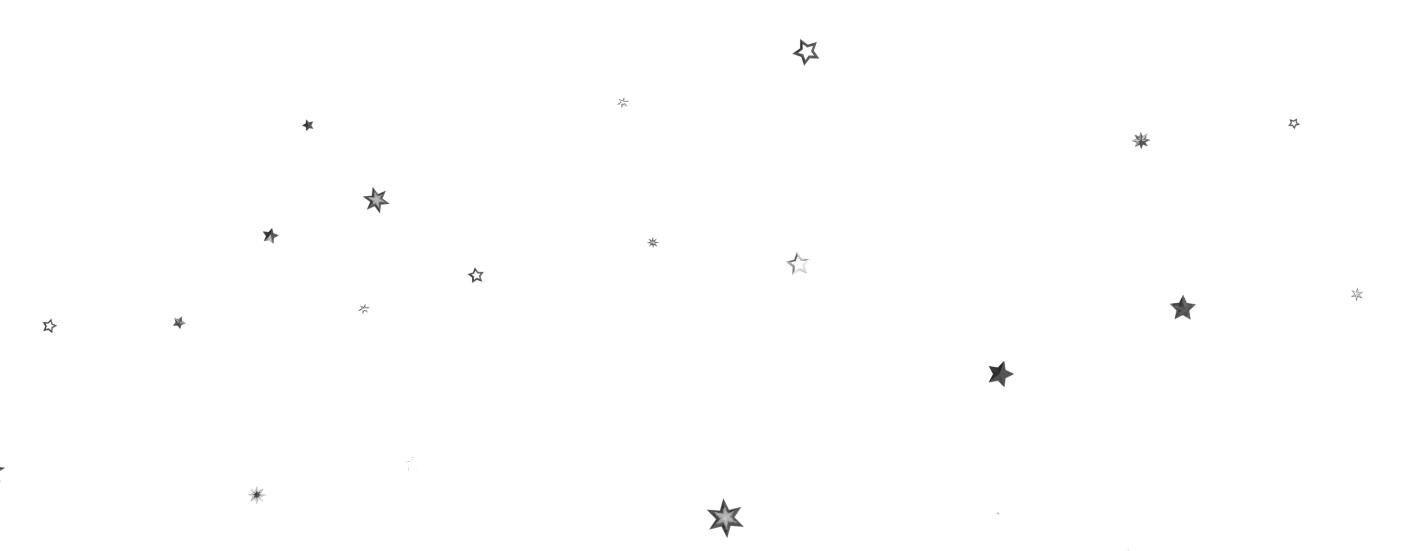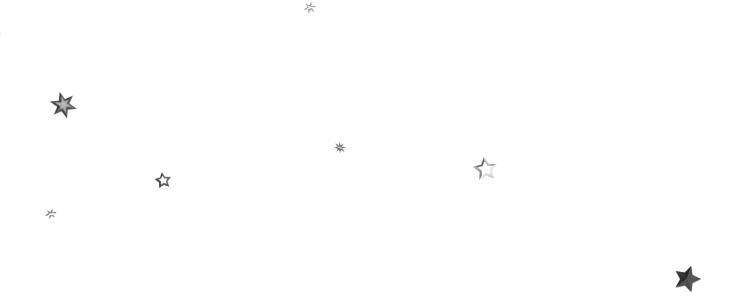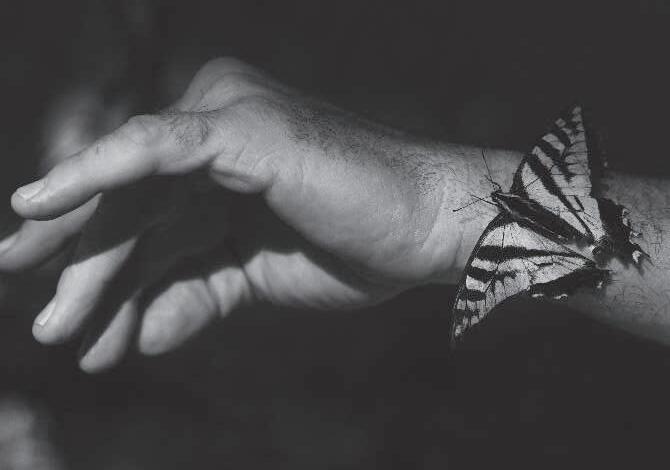
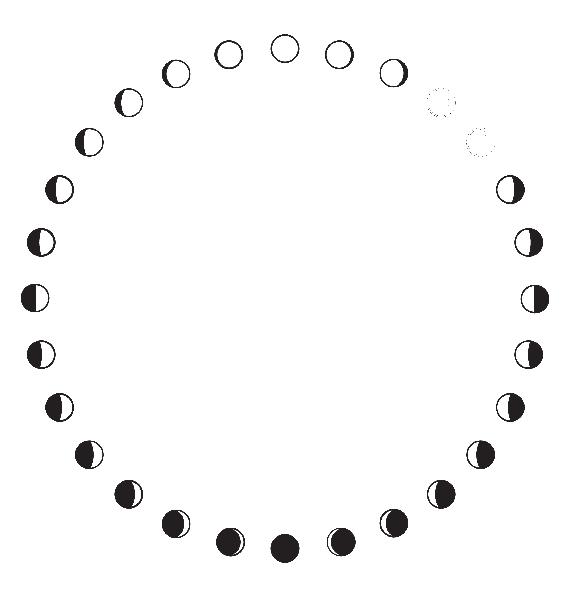













Copyright © 2025 Conceptions Southwest
Published by the Student Publication Board
The University of New Mexico
All rights revert to contributors upon publication
c/o Student Publications
MSCO3-2230
1 University of New Mexico
Albuquerque NM 87131-0001
Printed by Starline Printing Company
7777 Jefferson St NE
Albuquerque NM, 87109 505-345-8900
Cover design by Raychel Kool
Cover image by Anna Yarrow

Interior design by Kelsa Mendoza, Raychel Kool, Isabella Young, and Morgan Tracy
Fonts: Mongolian Baiti, Masqualero Groove
Conceptions Southwest is the fine arts and literary magazine created by and for the University of New Mexico community. Conceptions Southwest staff consists entirely of student volunteers directed by an editor-in-chief selected by UNM’s Student Publication Board. Submissions are accepted from all UNM undergraduates, graduates, continuing education students, faculty, staff, and alumni. This issue is brought to you by the Associated Students at The University of New Mexico (ASUNM) and the Graduate Professional Student Association (GPSA).

Copies and back issues are available in the Daily Lobo Classified Advertising Office, Marron Hall, Room 107. The Conceptions Southwest office is located in Marron Hall, Room 225. To order copies of the magazine, please contact csw@unm.edu or visit www.csw.unm.edu.


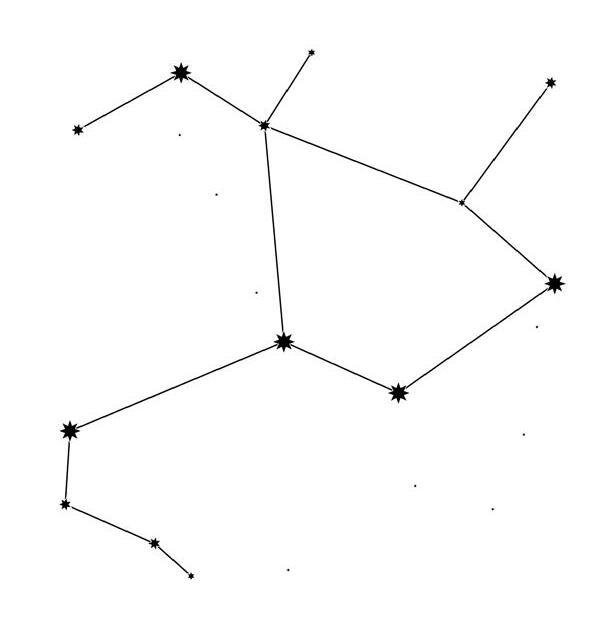
Breathe it all out as stardust and art.
-butterfliesrising

Founded in 1889, the University of New Mexico sits on the traditional homelands of the Pueblo of Sandia. The original peoples of New Mexico – Pueblo, Navajo, and Apache –since time immemorial, have deep connections to the land and have made significant contributions to the broader community statewide. We honor the land itself and those who remain stewards of this land throughout the generations and also acknowledge our committed relationship to Indigenous peoples. We gratefully recognize our history.



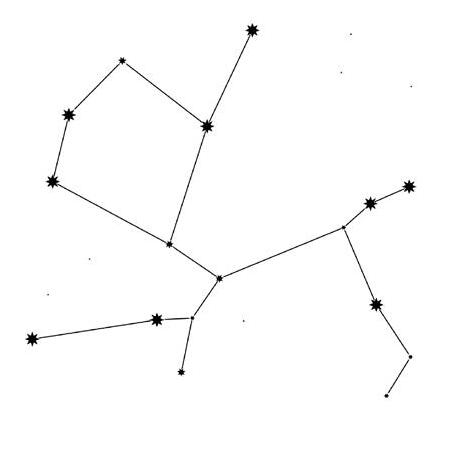

KelsaMendoza,Editor-in-Chief
he vulnerability from thousands of artists has compelled Conceptions Southwest onward for forty-eight trips around the sun. Throughout my time with this supremely special publication, I have witnessed so many works that shimmer with honesty, risk, and imagination. For yet another edition, I am stunned by the new ways in which our community puts words to a feeling, captures an experience, and makes us live a thousand different lives.
To my beautiful editors, Raychel and Isabella: working beside you has been my greatest dream. Both of you are a never-ending source of inspiration for me, and I hope to see where the stars lead you next.


Every year, this is proof to me that all our contributors are connected, and we, as the staff and editors, are connected to them too. Using the threads that bind us together, we find meaning in all of this vastness. On our own, we glow. Together, we map a constellation of different stories. Our staff, although small, curated this edition’s contents with love. Seeing everyone’s different creative skills emerge is what makes this process so special. To all of you who helped make this happen, I loved knowing which pieces spoke to you and why. I loved every vision you had for this publication. This is your baby as much as it is mine.
Raychel, I will always look up to you as my friend, a teacher, and my favorite artist. You are as real as they come, and this edition would be nothing without you.
Isabella, your strength and determination are a pillar to everyone around you. Everything you touched this year became magic, and I am so honored to have watched that unfold.
To all that read this magazine, thank you for giving power to those who express themselves here.
May you find something in these pages that lights your way, however briefly.
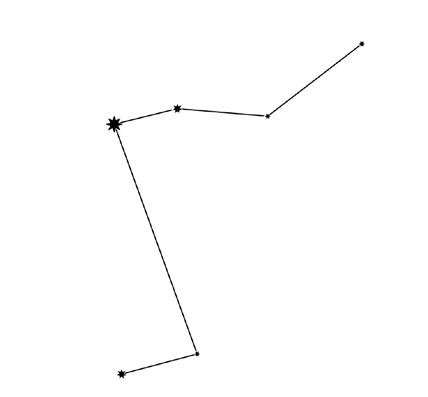

Poem for Jesse Pinkman

El amor todo lo puede:
The Surgery
Dog Head Woman
Birth of Pearl
Stopgapping
You or Someone Like You
Nell Johnson
Savina María Romero
Nic Hinson
Sophia M. Eagle
Renata Sophia Amaris Gonzales
Nic Hinson
Nell Johnson

Stage Directions/Transubstantiation
Coins
Timelapse
Birdcage
Ferried/The North Sea
Summer’s End by the Falls
A Solaz
On the Ways We Scale the Universe
Nell Johnson
Nell Johnson
Drew Sowers
Erin Benton
Erin Benton
Erin Benton
Savina María Romero
Victoria Nisoli
On the Ground and in the Air
The Life of a Dying Man
The Fabled Astronauts are Remembered
The Wasp and the Roach
Nic Hinson
Kimberly Scott
Addison Key
Thomas J. Crowe
Justine Witkowski
Addison Fulton
Rudy Carrillo
Colton Campbell

Soda, Coke, or Pop?
Death Before Detransition
Am I Stupid or Something
Cunt
Patrona Santa Frida
Eater
Reyes Reynaga
Reyes Reynaga
Claudia Valeria Marin X E Oaks
Isabella Romero
Viola Murphy
Limited Opportunities in a Boundless, Fullfilling Life; El Trastorno Alimenticio Silencioso

Chimayo
Tierra y Libertad

Pueblo Roots
Santa Lucia White Fires
Valeria Hines
Isabella Romero
Blanca Bañuelos-Hernandez

Tide in Timelapse
A Chair in a Yard
Tucked Away (1)
Tucked Away (2)
Tucked Away (3)
We Felt Butterfly
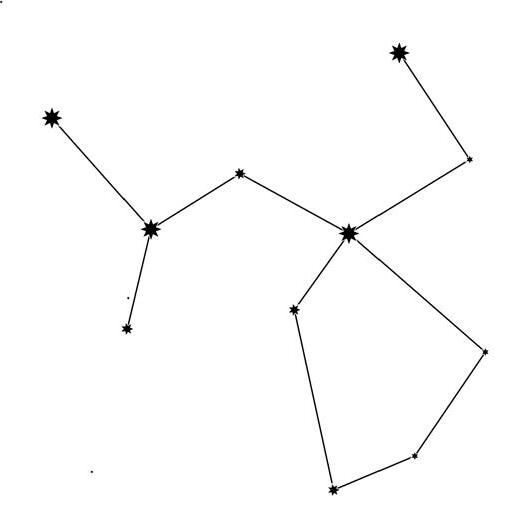
Circle of Life
Studies in Protest (1)
Studies in Protest (4)

Truchell Calabaza
Adrian Allocca
Leo Brocker
Drew Sowers
Drew Sowers
Sachi Barnaby
Sachi Barnaby
Sachi Barnaby
Anna Yarrow
Anna Yarrow
Jimmy Himes-Ryann
Jimmy Himes-Ryann
Casa Luna Sun in Me, Sun in You X E Oaks
Sydney Hopkins X E Oaks



yellow-gold, you were wood-carved boygirl in a beanie 311 in the 505 pushing dope in the alley behind Frontier where gas glittered on the asphalt for you, Golden Pride, red chile, never cayenne. In Santa Fe, eggshells and yellow petals swim on canvas. You’ve always had bad trips; you’ve opened so many doors, seen Anything, watched those mountains burn around you like cramps, green birth you never wanted, and known yourself as yellow, yellow, yellow, yellow coming around the mountain, yellow coming around the mountain road now,






foamplateprintsonpaper,8.5”x5.5”





Here we are.
Of plastic prayer beads, and stories of miracle cures of spit and mud, Of herb bundles and egg remedies and cut potatoes on naked skin for fevers.
Here we are.
Of old cookie tins to hold sewing needles, of soft Blue Bird flour sack rags, Of quilts of old flannel sleeves and cotton tablecloths, stuffed with rag bits for winter.
Here we are.
Of summer wind chimes fashioned from old coke cans and super glue, spinning scratchy, Of little crosses of wood or husk, or palm or scrap, or metal bits off broken cars.
Here we are.
With a hand in the pocket, and a rosary in the hand, as we wait for busses or wash countertops— Gracias a Dios. Gracias a Dios. Diosito de mi vida. Gracias a Dios.
Here we are.
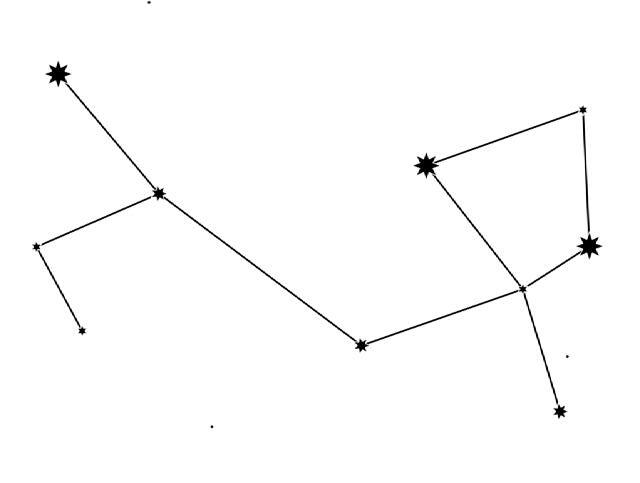





Scalpels unwound the papier-mâché of your body. Slips of paper were stripped back, Slick from inked headlines, Local anesthesia, national news.
Something inside is beating
Oh doctor, what appears there?
Editorials scarred into Bloody cardboard tubing?
Sterile, gloved fingers dipped into glue
Anoint your slack body like a baptism, Mad-made shapes
Misalign the words on your skin.
Cremains of old news
Fill the dumpsters out back
Like paper shreds of past lives, Birth certificates and credit cards.

Headlines are reconstituted
Like ransom notes
For your new body, Your body, the news.
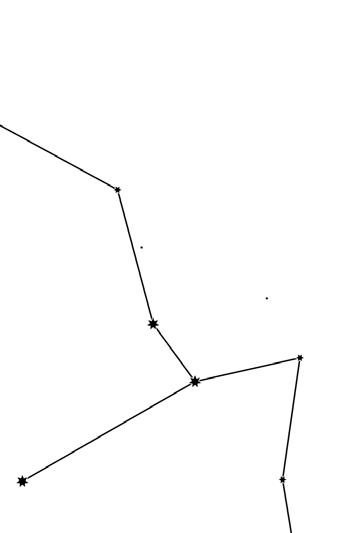

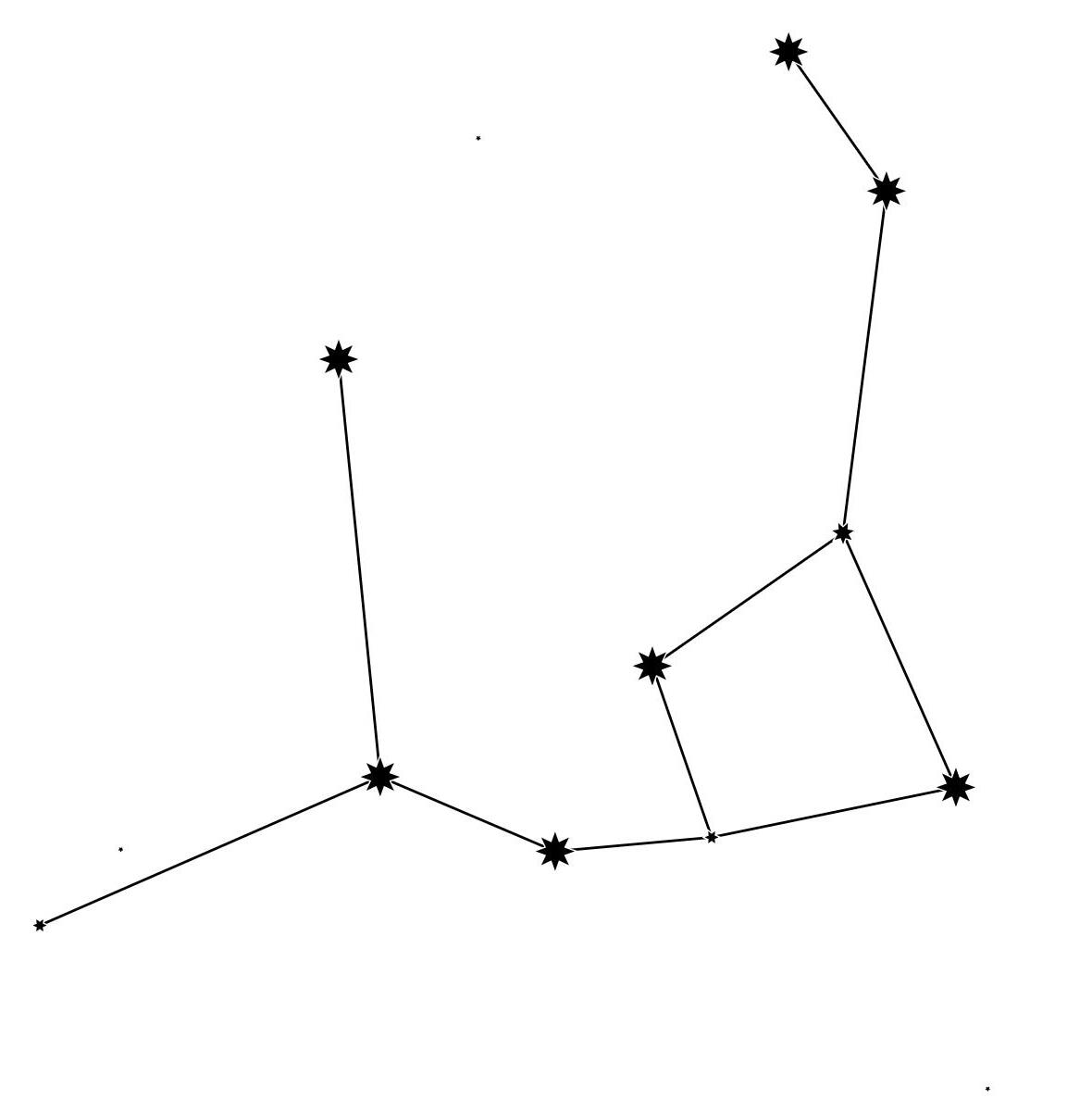


Ikeep all my old journals and sketchbooks in stacked cardboard boxes like monuments to my prepubescence. I read through them when I’m stricken by self-hatred. I look for the little girl who wrote them and try to feel sympathy for her. I think I feel it. She’s somewhere inside me, maybe. She’s alive somewhere inside me, maybe.
• • •
I wrote my first diary entry in fourth grade when my English teacher (who was also my math, history, and science teacher) assigned it to me. The prompt was: What would you do on your perfect day? Mine contained thrilling details such as sleeping in, getting ice cream, and becoming the temporary president of the United States. My perfect cursive helped mask the occasional misspellings.
In red pen at the top: Great work! Veryimaginative. What a rush. I still have it. I still read it. It rests between the covers of a tattered, black composition notebook, aching and hopeful. The friction of the pages blurred my pencil marks, but that red pen stayed. • • •
When I was eleven, underneath the yellow LEDs of my ceiling light, I would write stream-of-consciousness ramblings to appease my scared, dumb animal brain. I would focus on the wobbling sound of my pen, never lifting it from paper and never looking down at the page. My dry, unblinking eyes were trained on the small brown door to my room, closed but not locked. I had long since memorized the wood grain. Only the small box of my room was safe from the night, illuminated by a shivering golden bulb. My brain kept telling me: Someone’s waiting outside the door. They can see you. They can hear your soft child breaths. They willhurtyou,eveniftheydon’twant to. They’re going to come in.
I thought that, by writing my nonsense down, some of it would stay


on the page. Purifying automatism. By writing it out, I could banish the part of myself that was convinced of constant danger. Being scared was a near-inextricable part of me. I wanted to stop being scared.
I have this memory that I can’t place in the timeline of my life. Having been told and retold so many times, the story has slipped and fell between years. This is how my dad tells it: Whenyouwerelittle,youhadthis teeny-tiny notebook. You used to write in incredibly small script that I could barely read. One day, you handed this notebook to me with a tiny poem scrawled carefully in pencil. I asked you, “Where did you copy this from?” and I remember you got offended. “I wrote it,” you said, andthepoemwassotouching,so intelligent, so beyond your years thatIbarelybelievedit. He tears up at that last part. This feels like gross parental exaggeration to me, to the point that I get embarrassed whenever he tells it. I don’t remember the poem at all. I wish I did. What precious part of me



snuck out of my soul and onto that page?
For a short period in middle school, I was doggedly focused on filling entire sketchbooks as fast as I could, wanting to catalog my fumbling journey to becoming a “real artist.” They need to be cohesive andthemed,Ithought.They need to have the same color scheme. This is my blue period, like Picasso. They needed to clearly showcase my level of skill so I could compare them, obsessively, with younger and older works. I dedicated myself to auto-vivisection. Over and over, I tore myself apart. What did this progression say about me? About my journey? Stagnation was a brick wall pressing against my back. Every second not spent improving was wasted. Still, I couldn’t help wasting. I spent days in bed, staring down


my popcorn ceiling, ruminating. Wallowing. I kept expecting the surface tension of my body to break open and dissolve into the old mattress, the white sheets, the damned popcorn ceiling. I felt the air falling on my chest like silt settling in water.
Not able to bear the thought of deterioration, I justified this slow dissolution as “filling up the tank”: I couldn’t take part in the act of creation without sacrificing some part of myself. I had exorcised too much of my soul and lay fractured and pathetic. This is regeneration. I’m hibernating to become whole. Then, when I’m whole, I can again give myselfaway.
• • •
One Christmas in high school, a friend that I don’t speak to anymore gifted me a small notebook with a brown and gold cover. A red ribbon bookmark nestled gracefully between
the cover and the first page. I didn’t touch it for the better part of a year. Once I did, I became ebullient, boiling with life. Words danced across pages in big loopy scripts—stretching moments into immortality, cementing minor emotions forever in writing, important and lovable. I would set the pen down and reread them over and over again, trying to understand what I was. The person who wrote it seconds ago had flown out of me. Reading it was a dialogue between myself and a stranger I was intruding on, like I walked in on them while they were changing, metamorphous. Wet ink ran insipidly on blemished cream pages. The words lay dead.
I have so much disdain for my reader and the reader is myself, roving over my body (of work) interminably, being proud of it and hating myself, and wanting to write something better, and not writing except when it’s required, or when it’s these stupid fictionalized diary entries that I’ve crammed full of loathing, rationalization for my loathing, and masturbatory groveling at the feet of my loathing. I wanted to write it down to get it out of me—to make something beautiful. Or educational.
Or real. I’m thinking of changing the font size so this looks longer, like there’s more of me.
If I stop writing now, this version of me shrinks and crumbles away. I savor final paragraphs like last meals. I’m getting smaller now, withering as I run out of things to say. Words, newborn fragments of my soul, dither in the pale hope that the sentence isn’t over. I don’t want to die.
• • •
I might do the same. I might tell them that their body can grow with them, that their body is alive (even if they can't feel it), that their soul won't break
I’m thinking of changing the font size so this looks longer, like there’s more of me.
In ninth grade, a teacher sent me to the guidance counselor’s office because I turned in a poem about my soul outgrowing my body. I was angry at the time. In her warm, circular office, the guidance counselor asked questions like, “What’s going on at home?” and “Are you okay?” I stared at the pitch leaves of her potted fern and lied.
Why should I be punished for putting myself in my work? For honesty?
Now, if I had a student who told me that their body was crushing them, that they felt stifled by growth, that their skin was only a fragile layer between themself and nonexistence,
open. I'd sit listening, hands at my sides, feeling rushes of air penetrate my lungs and circle through me, quiet and living.








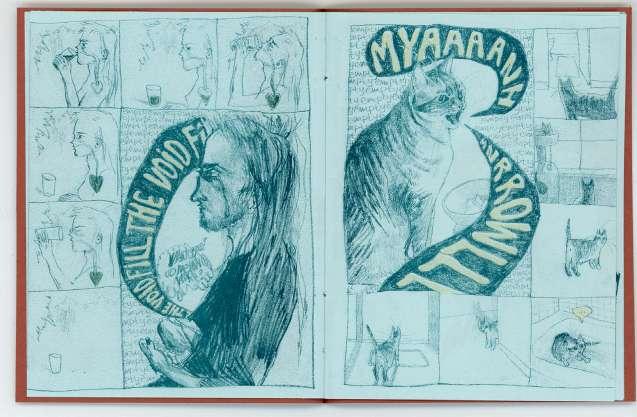
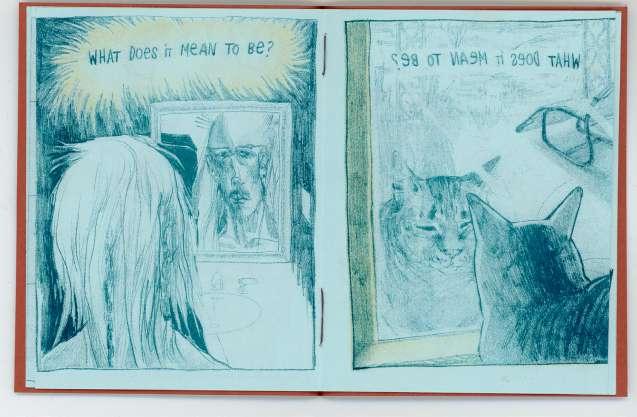







I’d known Rain Yates my whole life, but only in the way that everyone knew the Yates family for raising at least a third of the drunks, perverts, and felons of Lusitania, Kentucky. We never actually talked until the summer my mom left. It’d been a long time coming, but I still hoped that wherever she was, she was suicidal with guilt for leaving me two days before I graduated high school, along with my twelve-yearold sister and a seven-month-old infant. It drove my old man crazier than he already was, and on the nights he actually found his way home, he was out of his mind. There was one time when he told my sister he’d set the house on fire with all of us inside it, drive off, and start a new life by himself. He got as far as soaking a rag with Pine-Sol and cramming it into an old Heaven Hill bottle before passing out on the kitchen floor while looking for a lighter.
I knew I should’ve been acting like an older brother and taking care of the girls, but I just couldn’t do it. I wanted the hell away from that house and everyone inside it, so one night, I walked nearly three miles over
hills and briars to Greene General Store and bought a forty instead. I sat down at the edge of the gravel parking lot and opened it right there, watching as the occasional semi rumbled by. It was a Sunday, and at that time of day, truckers were about the only ones you saw until you hit the 60. It was between them that Rain’s beater truck came crawling up the little hill Greene’s was situated on. He drove the same asbestos-blue Ford Ranger that Cathy Stratton’s son used to drive, only it had sat in Cathy’s front yard for five years before Rain slapped a couple grand in her hand and bought it. From what I’d heard, she actually took good care of it until her son came back from college one Christmas and told her he was gay. After that, Rain probably could’ve just stolen it, and she wouldn’t


have cared. I sometimes wondered how much of that story was true, but didn’t care much either way. I just wondered if the fenders had been missing before or after he bought it.
He didn’t see me until he came out with three cartons of cigarettes under one arm and a case of beer with the other, looking like a jackass in his white t-shirt with the neck cut out and a pair of neon green and orange swim trunks squeezing his muscular legs.
“Good time for a cold drink, man. It’s hotter than two rats fucking in a wool sock out here,” he said to me, throwing the beer in the back of the truck. He had a bunch of other shit already piled up back there like he was going camping. “Thought you lived across town.”
“I do.”
“What, then?” He rubbed the back of his buzzed head.
“You walk here?”
“Just needed to get out,” I said, taking another sip. The glass stuck to my lips and the beer was already getting flat. “Beats being at home.”
Rain nodded like he was pondering something serious. “I get that. You’re there with them two little girls, right?”
“Yeah. Old man’s no help either. Fucking drunk.”
“Wonder what that makes you.”
“Probably another drunk.”
He was quiet for a minute and picked at one of the carton’s flimsy tabs. “I was just screwing around up north of the holler a few months ago and came across an old pole shack. It’s right along the river so I wanted to wait until the weather got warmer and see what it’d be like to camp up there. You can come with, if you want.”
The answer was yes before he’d even finished talking. The state I was in, I would’ve hopped in a truck with anyone who didn’t share a last name with me. It was even better that Rain was basically a stranger, because as long as I was with him, I could be no one. I didn’t have a life


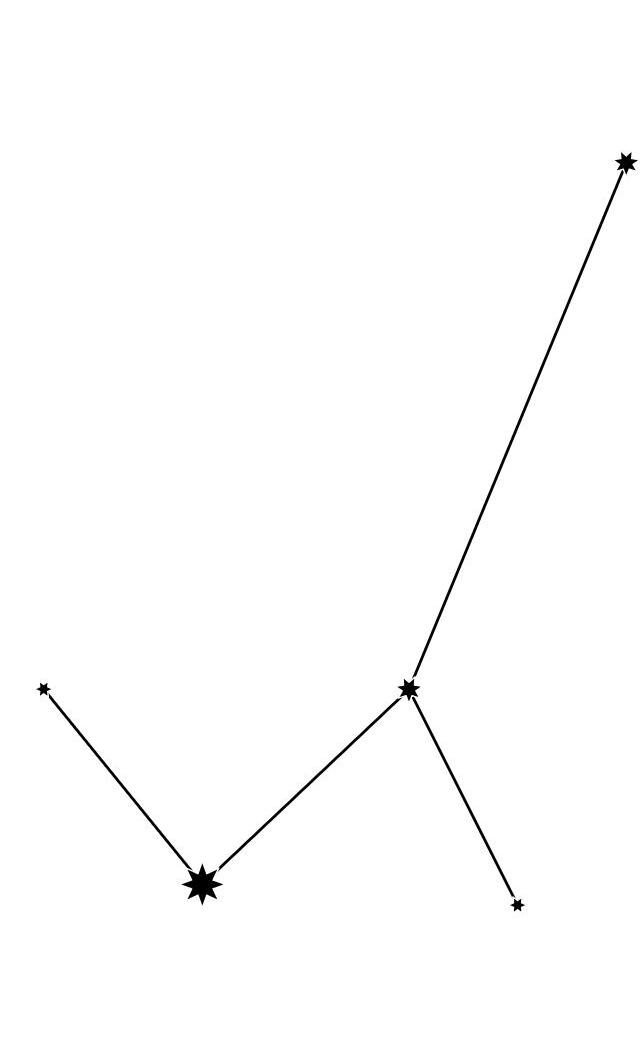

or an obligation to anything, and as I climbed into the seat next to him, I found more comfort in that limbo than I ever had in my own bed. • • •
The pole shack was busted and dry rotted when we got there, built out of bloated, gray wooden slats with screens nailed over glassless windows. I pulled a mummified raccoon from one of the darker corners and Rain had me toss it into the river. I stood on the bank and watched it float for a few seconds, swirling in gentle circles over a calmer bit of water before sinking. Hanging from one of the oaks beside me was a girl’s t-shirt, probably pink before being worn down to a murky gray by the elements.

his shirt and swung it up onto the same branch the shirt had been hanging from. A blown-out barbed wire tattoo encircled his right nipple and seemed to move in every direction
I didn’t have a life or an obligation to anything...
he did. “Doesn’t really matter, though. Whoever’s it is ain’t here no more. We’re men. We gotta make it ours.”
“Sure,” I said. “You don’t think anyone’s gonna come out here looking though, do you?”
“Looks wound up there pretty good.”
“Damn right it is.” He grunted, snatched it down, and tossed it into the river. Unlike the raccoon, the water carried it downstream and out of sight.
“You see anything like that the last time you were up here?”
“I don’t think so.” Rain took off

“You worried about that?”
“I don’t know.” I shrugged. “I just don’t want to steal someone’s spot.”
“I don’t think anyone’s coming and going from this shithole except us. It’s all good. I’ve got something for you though. Close your



eyes and hold out your hand.”
I did as he asked, listened to him dig around in the pocket of his trunks for a
...when I opened my eyes, I was holding a little pile of psilocybin mushrooms.
second before something light and dry hit my palm. At first, I thought he was fucking with me and just put some dirt and driedup weeds in my hand, but when I opened my eyes, I was holding a little pile of psilocybin mushrooms.
Rain grinned at me through a set of cigarettestained teeth. “Like I said, man, ain’t no one here but us.”
• • •
I spent most of that summer in the pole shack high out of my mind. My favorite little trick was to take a gob of peanut butter,
spread it between two pieces of bread, throw a handful of mushrooms in between, and eat it like a sandwich. Rain laughed at me for it, but it was the only way they didn’t taste like dog shit. He chewed on the caps as they were, often enough that I only saw him eat real food every couple of days. I was already skinny as a rail; the only real dramatic change I went through was my hair growing down to my shoulders. Rain, on the other hand, was shrinking in his clothes, and there were times it felt like he was haunting the place more than he was camping in it.
In a way, we were both ghosts—it was September, and no one had come looking for us. I could’ve lived like that forever, haunting Lusitania until all that was left of me was a t-shirt hanging from a tree. Being lost to time felt like the best thing to be then, and I believed we could actually do it.
One night, I even told him so.
“We should just stay here,” I said. “Maybe go into town when we start running out of provisions, but that’s
all. Just live up here and not have to be anyone.”
Rain sucked his teeth. “Sounds heavy.”
“Not really. Not like there’s much back there for us anyway.”
“Can I tell you something, Vern?” I held my breath. “Sure.”
“I ain’t told my folks or no one about it, but I got a floorhand job lined up on a field just outside Odessa.”
“Odessa…” I echoed. “That’s Texas, right?”
“Yeah.” He suddenly sounded guilty. “I gotta be there by the end of next week. It doesn’t have to stop you from staying, though. You can still figure out whatever shit you got going on, you know?”
Like I had any reason to stay there if he was in fucking Texas. I tried to picture what kind of trees grew out in a place like that. If there weren’t any, a rig, with his shirt tied around it in some eyesore of an oil field. A naked oak along the riverbank in our lonely stretch of Kentucky. Suddenly states apart. Gone forever. Hypocrite. Traitor. Lying piece of shit. “So, what? You’re just gonna leave?”
“It ain’t personal. This summer’s
been one of the best I’ve ever had.” He sighed. “My family’s been living and dying in this holler since the Civil War, man. I just gotta get out. Be something, you know?” I said nothing, scratching at the mosquito bites that encircled the protruding joint of my ankle. Be something, I thought. What anawfulthingtowant.


Dog Head Woman, asleep
Or dead at the bus stop. Your eyes are glass, dark taxidermy marbles,
Head of a northern dog, Brown twisted body of a woman, Laid on the hot pavement,
Stare at the traffic passing by, Blank and unaware.
Dog Head Woman, dark skin,
Skin of Crazy Horse, face of wolf, Body of the sinner, body of sins, Did you think you'd make it here?
Your kids look for you In every pack of rez dogs That run wild in the hazy afternoon,
But you're none the wiser, Dog Head Woman, You ran far away and what of it?
A white woman could love you, But not your heart, not your hands, Only the ears, the snout, the innocent part of you,
Dog Head Woman, asleep on the pavement, Or Perhaps Mercifully Dead

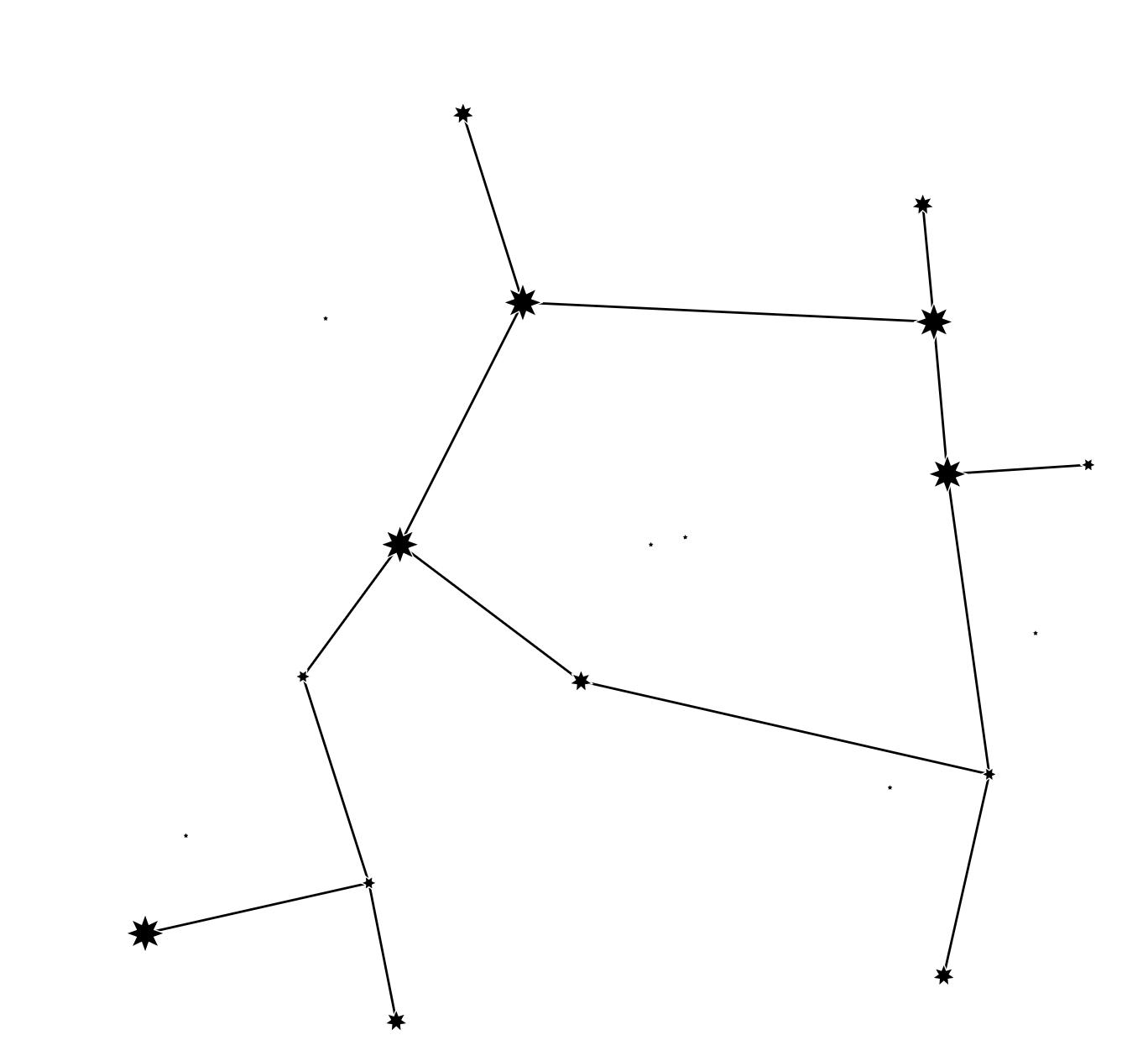
Ignored at the bus stop, in the city, on a busy afternoon.
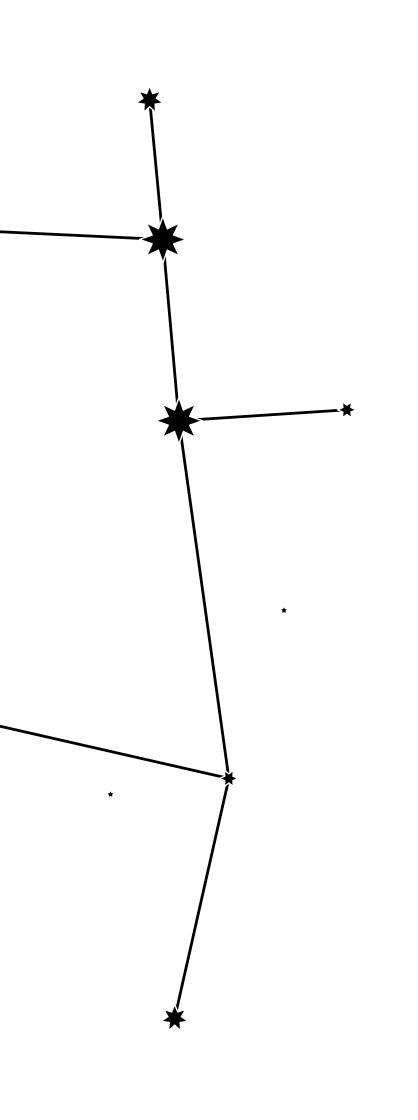




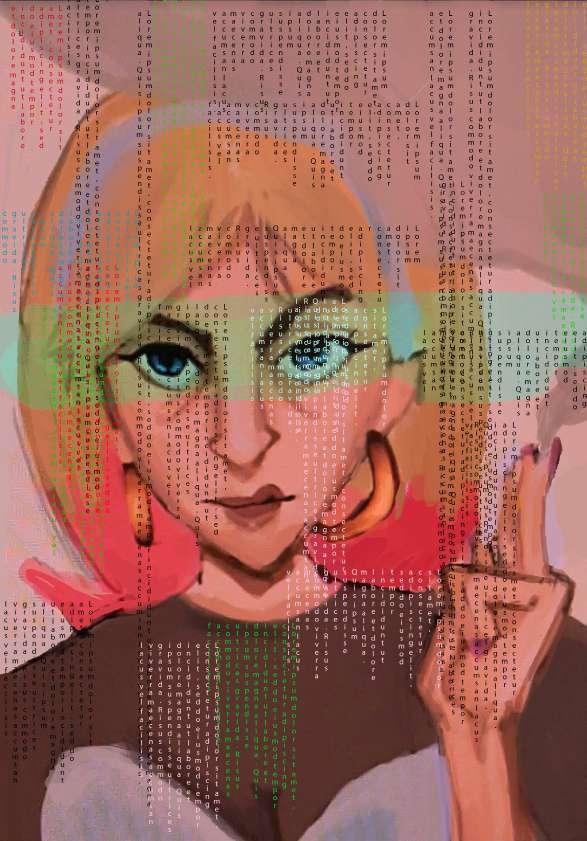


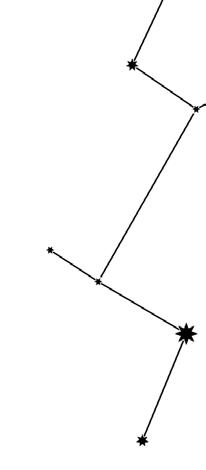



In Moscow, the sun never seems to shine. As Oscar and Juliette step off their plane onto the wet tarmac, the rain pours down. Juliette opens a black umbrella; it unfolds and blocks out the already weak sun but does little to protect her face from the stinging, bitter rain, whipped by the wind. Her wet hair gets into her mouth. It’s November. She’s got wool mittens for nuclear winter.
Oscar has no umbrella, nor enough hair to get wet or get in his mouth. Though he is in the military no longer, he keeps his hair buzzed close to the skull. It’s too short to even tell what color it is.
When Oscar left the military, he became an ambassador. He did two tours in Iraq. His specialty is arms negotiation. Most of his job is telling foreign ministers how big and beautiful American bombs are and just how happy he’d be to use them. That’s what he’s here to do—bully Moscow into submission.
The thought makes her shudder. Before Juliette became an ambassador, she worked for the National Parks Service. She loves wind, solar, black bears, and red wolves. She goes over her
talking points in her mind. America is transitioning to clean energy. We are no longer dependent on Russian oil. We won’t pay so much for it. You ought tojoinusbeforeit’stoolate for us all.
Victor Petrov, Russian minister, stood before them, black coat flapping in the wind and rain like the gums of an enormous, snarling black dog. That made Victor the teeth, bared as he is.
“Welcome, Americans.” “Thanks for having us. Oscar Moore.” Oscar says. He reaches for Petrov’s hand and shakes it, hard, like he’s trying to wrench the arm from the socket. Petrov is one of those mean, hungry-looking Russian politicians with nicotine stains on his fingers and a certain lovelessness behind the eyes.
“And you?”
Oscar is already trying to pick a fight. That’s how all wars start: men like Oscar


trying to rip off the arms of men like Victor Petrov.
She’ll win her own way. Charm. Peace. Light and love. She’ll show them.
“Juliette Rodgers. Jewel of the Inland Empire.”
“I thought you were American. You are American embassy, no?”
Russians couldn’t detect even an ounce of vulnerability from them. They especially couldn’t detect any internal division.
But Juliette and Oscar had never agreed on anything in their careers. He was a pig-headed man who loved beer and guns, and she was the woman who was going to save the world.
She’ll win her own way. Charm. Peace. Light and love. She’ll show them.
“I am. Inland Empire is California. Near San Bernardino?”
Not a hint of recognition in Petrov’s eyes.
“Never mind. I’m the other American ambassador, yeah. Can’t spell USA without us, right, Oscar?”
“Right,” he says, flatly.
They’d promised on the flight that they’d be a united front. If they were going to find and chip away at any vulnerability the Russians had, then the
Petrov leads them through the damp, cobbled streets to the American Embassy in Russia, the location chosen for the meeting. The building was once astonishingly white, gold, and shiny, a NeoByzantine daydream meant to make Americans feel safe this deep behind enemy lines.
Now, in the rain, the building looks grimy and grim. Its airy, arched windows are carved into the steady, blocky façade.
• • •
“Is it just us, then?” Oscar asks. “No one else from your side is joining us?”
“Just me. No one else in Ministry finds this important,” Petrov says. She chuckles, though her heart squeezes, her teeth clench, and her cheeks flush. It pisses her off. What
could be more important than the collective future of the entire planet and/or world peace? Russians. Men. Politicians. She’s learned in many years of bureaucracy to try her best to smile through it. Be charming. Soldier on.
“So-vee-it, then!” She tries to joke.
“What?”
“Well, So-Vee-It. It sounds like ‘so be it,’ as in ‘it is what it is,’ but also ‘Soviet,’ like the Soviet Union. Get it?”
“Soviet Union dissolved in 1980s. You know this,” Petrov says.
“Yeah, I do. I was trying to be funny.”
“Hm.”
“Alright,” Oscar says. “Let’s stop beating around the bush. POTUS says Russia needs to slow its nuclear developments—”
“And increase its clean energy developments!” Juliette cuts in.
“... Right… by the end of the next fiscal year, otherwise, the US will strangle your economy with sanctions. And while we’re at it, we may strangle a couple of your leaders.”
“Your POTUS is tyrant. Russian production will stay as is. If you do not want war, why don’t you want us
to have weapons, hm?”
Oscar’s hand tightens. His fist isn’t even hidden under the table. Juliette could roll her eyes. Here wego,Mr.Americana.
“How dare you? I joined the US military to take down tyrants. When I was in Iraq, I saw men blown to bits, fighting for their right to be free.”

Victor laughs in his face and Juliette sees Oscar’s cheeks go a bloody red. He looks like a child on the verge of a screaming fit as he starts to snarl, “Comm—”

“Let’s talk about clean energy! Listen, then we need to band together as a world to prevent climate change. Otherwise—”
“Mutually assured destruction?”
“Well, no. C’mon. It’s not the Cold War, it’s global warming. But, if we go down, we go down together. And the US and Russia are the biggest
Oscar stamps on her foot under the table. She bites her tongue to prevent sound escaping as his old military boots smash her sensible black heels.
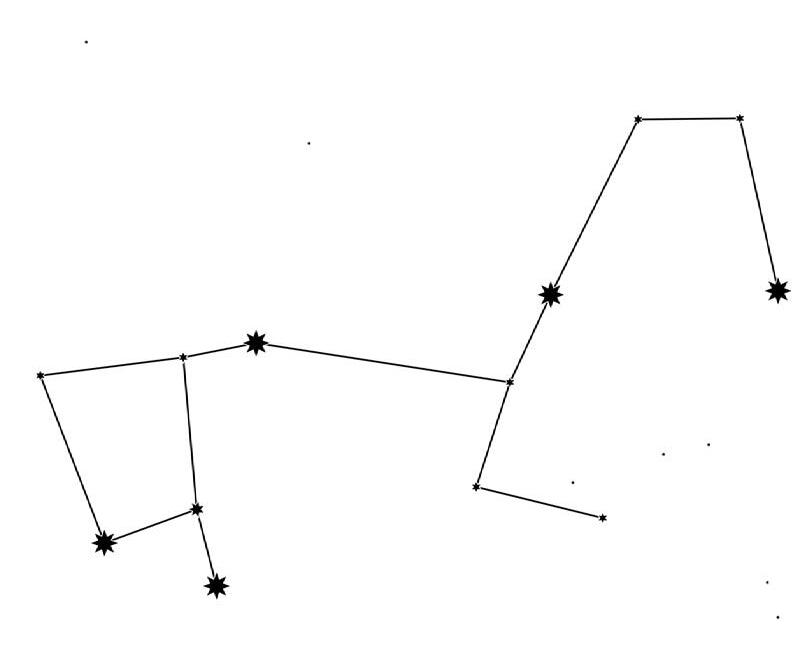

“The US is the biggest power, and Russia is up there, I guess,” Oscar corrects.
“Whatever. What we mean to propose is a Green New Deal with some nice red accents. Vhat do you think of that?”
“Do you make fun of my accent?”
“No! I mean, maybe a little. Just to cut the tension, a littl—”
“Okay. I need to talk to you. C’mon,” Oscar says, grabbing her harshly and dragging her out of the room.
“You need to pull yourself together. This is not playtime. Enough with the laughing, and the jokes. You’re getting us nowhere.”
“Oh, like you’re getting anywhere? You two are in some weird dickmeasuring competition about nuclear arms! That’s getting us nowhere,” Juliette snaps.
“You need to strong-arm guys like this, okay? He’s Russian. He doesn’t get our morals. Or our sense of humor,” Oscar grumbles.
“Our? You’re meaning to tell me you get my morals? Or my humor?”
Oscar is silent as he thinks, brow furrowed, staring out the ornate window at the sky, watching for airplanes. “No. I don’t get it either.”
They re-enter the room, where Victor has been waiting. He rises to meet them.
“Here, I call you cab to hotel.”
“We’re not staying in the embassy? Why?” Oscar demands.
“There’s been a bomb threat,” Victor answers flippantly. And Juliette knows he’s not joking.
It’s late but not quiet at the Hotel Indigo. Outside, traffic rushes and thrums. As night falls, the sky turns from rain to snow to falling sheets of grayish ice, dripping like the drool of an enormous, hungry beast. Out in global powers.”


the street, Juliette thinks she hears a baby crying. Or maybe a stray cat, wailing out into the night. The covers on the beds of the Hotel Indigo are white and stiff, cleaned past the point of comfort. She longs for home; she longs for victory. All this way, and for what? To stand drenched in sorrow and drizzling rain. Oscar smokes Marlboro Reds in all weather. She looks for him in the alcove and sees nothing. She drops to the bed, still in her work clothes and heels, and tries to close her eyes.
Something taps on her door. “What?!” she calls, no idea what she’s expecting. Maybe a cleaning lady? In the dead of night? Things are different over here, but not that different, right? Maybe an assassin. Wouldn’t that be nice?
pearl-clutching, Christian fear of sex and perversion.
“...Sure.”
The opens the door, undoing twist locks and deadbolts until she’s standing face to face with Victor Petrov, still clad in that black coat. Snow melts into the wool, weighing it down, pulling him into the depths of the Earth, oil puddle that he is.
“So, what did you want to talk about? Trying to do some under the table, backrooms deal?” Juliette asks.
She longs for home; she longs for victory.
“We got nowhere today,” she hears a voice from the other side of the door, slick and heavily accented.
“Minister Petrov?”
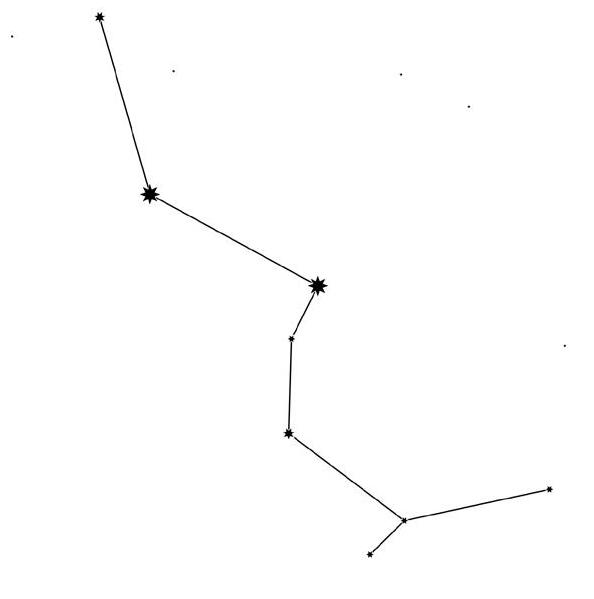
“Ambassador. May I come in?”
Juliette is reminded that Bram Stoker’s Dracula was based in part on Vlad the Impaler. A menacing figure held at bay by nothing but courage and pure hearts. He was based, too, on a
“You’re stubborn. Hateful. Everything you say we are,” Petrov replies.
“That’s not true. But your worldview is contradictory to mine. In-com-pat-i-ble,” Juliette says.

“Do you think that’s true?” He asks.
“I want peace.”
“So do I.”
“You build bombs.”
“Bombs are good for peace, if you build them big enough. What good is


or a declaration of war. She sits as well.
“I want to try another tactic,” Victor says. He smells like oil and cologne, like a war about to start. “You like pretty things,” he says. “All Americans do. You have your Cadillacs.”
“What good is the planet, except a place to fight?”
the planet, except a place to fight?”
“You’re sick,” she says, moving to slam the door in his face.
“Wait,” he says, jamming his hand in the doorway. She slams it anyway, hard against his hand but it doesn’t close and he doesn’t flinch. “We… I cannot afford more sanctions. People are hungry. Restless. Hungry people bite. May I come in?”
“So get bit,” she snarls, but steps aside anyway, letting him stand closer to her than is comfortable. It’s a tiny place with no seat but the bed, which he does, in fact, sit on. She cannot tell if it’s a gesture of surrender,
“I drive a Kia.”
“You like pretty things more than all rest, though. Do you like pretty little birds? Rivers? Field of wildflower, yes? That’s why you came all the way here. So you say. Do you like ballet?”
“What?”
“That’s what we have that’s the most beautiful in all the world. Ballerinas.”
“You’re not a ballerina.”
“But you still think I am pretty.”
She freezes. Is he? He’s got the dead eyes of a shark. He’s got soft hair. He’s got blood on his hands. He’s got a slender body; maybe in another life he was a Russian ballerina. He works for a fascist regime. But then again… doesn’t she? Hasn’t she said that, in her most angry moments? In her most frightened ones? He’s a complex, unsolvable, high-stakes problem. And to someone like her, that makes him irresistible. All she wants


to do is stick her hands where they don’t belong.
“I could get you elected in America, you know,” Victor murmurs.
She readjusts, reaches behind her, fumbles blindly as best she can with her cellphone and tucks it under the pillow.
“I don’t want that,” Juliette says. “I’m an honest politician.”
“No such thing.”
to just kick him away. Jam her heel into his crotch. Tell him to go fuck himself and fall out of a window. But…
Well, she did say she was an honest politician.
“Yes.”
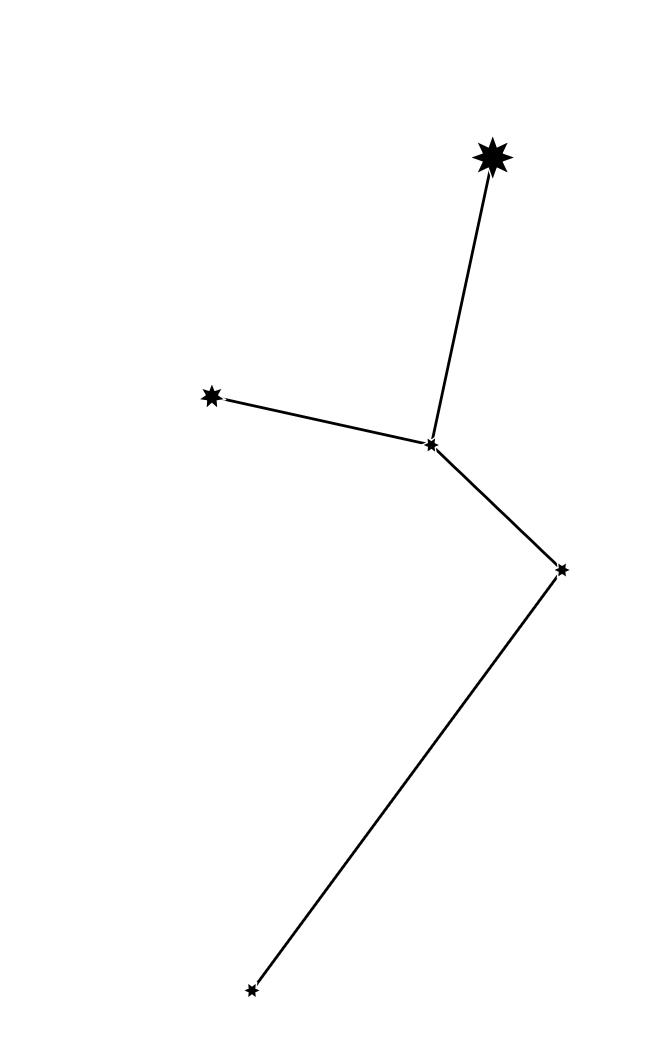
“There is. There’s me. And the American people value that about me.”
“Are you trying to be funny again?”
“No.”
“Good. Is not funny. America is ridiculous and foolish country. In Russia, our politicians don’t lie about being liars.”

“Jules! I was wrong!” The door slams open. On the other side is Oscar in his undershirt and boxers, holding his phone cord like a lasso in a stupid cowboy film. “The outlets are different here—I should’ve gotten one of those stupid adapters at the airport—can I borrow one of yours?”
“So you admit it? But… you work for the government.”
“Please. Everyone in Russian government knows Russia is terrible. And everyone in Russia knows Russian government is terrible.”
“Hm.”
“Madam Ambassador, do you want to have sex with me?”
He crawls onto the bed, head tipped to the side, bowing towards the joint of her neck and shoulder. She feels the cold war getting hotter, and hotter. She ought
And here’s the Russian minister, sprawled in her lap. Here’s her, with her shirt half-unbuttoned.
“You didn’t lock the door behindyou!?”
“They are supposed to lock automatically. Hm. I guess that was not true,” Victor says.
“What the hell is this?” Oscar demands, as soon as he and Juliette lock eyes.
“Negotiation?” she

“You and your stupid, hippie bullshit. This is treason, probably. I’m not actually sure. But probably.”
“I thought you were not fan of international law.”
“Shut up, commie.”
“You shut up, Oscar. You’re gonna start a nuclear war and I don’t even have my bra on. Jesus. Now who’s the overly emotional sex. Victor, get off of me.”
He does, rolling off of her and onto his back. She moves to redress, but Oscar tugs her to the side and holds his hand up to his mouth to whisper in her ear, as though his palm could do more than billions of dollars to the NSA, in terms of preventing Russian spying.
“This is about war. Power. It’s an arms deal. We’re talking about bombs and missiles. Alright? Not whatever the fuck this is,” Oscar whispers.

“Oh, you want to talk
about power? Missiles?” Victor says as he leans back and lets his legs spread before the American embassy. “Mine’s bigger.”
In a room, a big red button waits to be pushed. It glows and pulses into the night. Almost there, almost there, almost there.
But not quite.
“Jesus, did they teach that move at Yale Law?”
Not yet.
“I thought American military man would have more stamina.”
Not tonight.
“Right there, right there, right there!”
In the Hotel Indigo, Oscar collapses onto his elbows, face down into industrial pillows.
“Are these from the damn USSR?” Oscar asks.
“No,” Victor answers from where he lays, staring at the ceiling and panting. “Why do you ask?”
“‘S scratchy.”
“Poor little American soldier boy. Do you want your cotton from your Egypt? Your cigars from your Cuba?” Victor retorts. suggests.
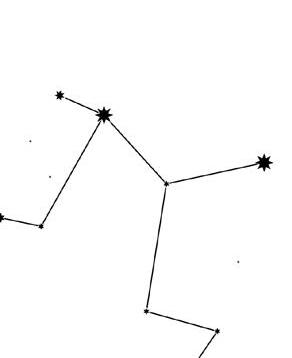

“Don’t bring up Cuba, you commie piece of shit.”
Juliette says nothing, her mind reeling and tumbling like a damn Russian acrobat, legs akimbo and spread eagle (did he really?). She reaches for her blouse, blue as the American sky where it’s been tossed carelessly to the floor (did she really?).
“Oscar. Whiskey,” Victor demands.
“Nooo,” Oscar whines.
“Oscar, whiskey,” Victor repeats.
“Christ, you got an echo, now, Victor?”
Victor kicks him under the blanket as best he can, given their… positions.
Oscar sighs, “We don’t have ice. I only drink it on the rocks.”
“Get some,” Juliette hisses. This could be a chance for her, she’s realizing. Hasn’t this been what America’s been looking for all this time? A moment where Russia is vulnerable?
or vending machine, some shrapnel of American comfort. Or maybe he’ll go outside, plunge his hands in the dirty Russian gutters filled with snow and rain and sleet.
Not that it matters, Juliete is learning. It all tastes the same in the dark. Victor leans over and around her, reaching for two boxes on the nightstand—cigarettes and matches. Did they really?
“You’re gonna start a nuclear war and I don’t even have my bra on.”
He lights one and holds it out to Juliette.
“I don’t smoke.”
But there’s Oscar. With his military haircut, his grating voice, and his bombs. He’ll put them right back on the warpath. Hadn’t her college friends always said, Make love not—
“Fine,” he spits on the ground and leaves, presumably to find an icebox
He eyes her, and she resists the urge to dress faster or pull the blankets around herself. Here she is. The whole truth and nothing but the truth. America, in the flesh.
She takes a cigarette.
“I don’t smoke,” she
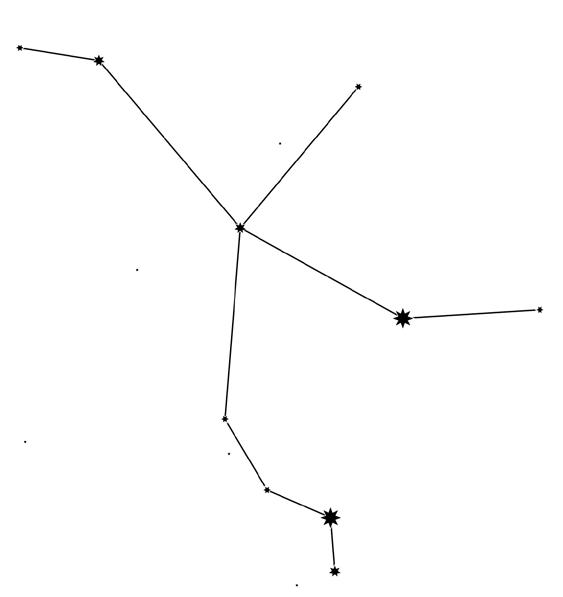

repeats, even as Victor lights it, and she breathes in deep.
“No. I suppose you don’t,” he says, without a hint of humor in his voice.
“Not everything is what it first seems to be, is it?”
Juliette shifts and pulls out the phone she stashed under the pillow when this all began. Sure enough, it’d worked. She’s been recording this all. A perverse shudder runs through her. Hotel Indigo, her Watergate, her Berlin Wall, her great service to her country.
“You’re going to agree to Oscar’s arms deal, and my clean energy commitment,” she says. Victor just laughs at her.
“I won’t.”
“You will.You’lldowhat I want. Otherwise, I release this.”
She holds up the phone, showing him the recording. The audio levels are jagged and high, like a rapidly beating heart.
“You’re blackmailing?
Not very honest politician thing to do.”
“Well, maybe you were right.”
“And what if I still don’t do what you want? Hm? What will you do with me then?”
“You had sex with me. With us,” Juliette reminds.
“You had sex with me. And with him.”
He was right. She didn’t like that. Didn’t like what she’d had to do, how she’d had to bend and hold her breath and close her eyes. But she had. That’s what it took.

“More importantly,” she continues. “You criticized your regime. You admitted to wanting to interfere in American elections.”
“Mutually assured destruction. Just like good old days,” he muses, taking a deep drag and lapsing into stony silence once more.
Juliette licks her lips. They taste like ash and war. She takes a steadying breath, readying herself to say her piece.


“I believe that love can save the world, I really do.”
“Hah. Now that’s good joke.”

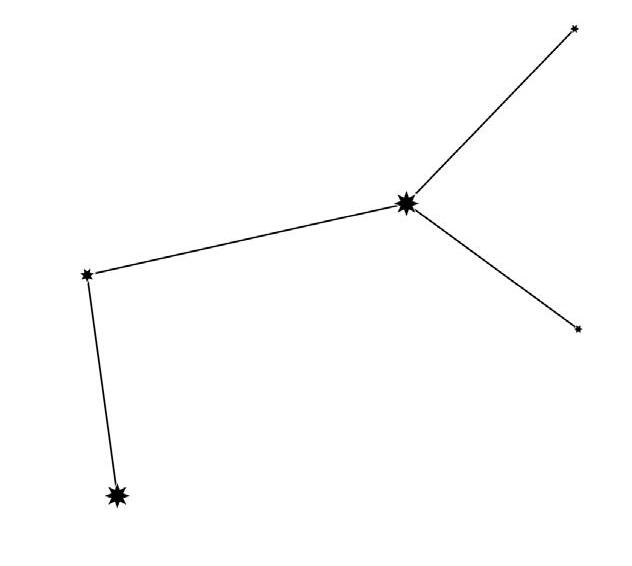


To trace the lines of my spiral heart and follow the shoreline on my hallowed chest feel the polished stone, that precious little pearlescent piece deep inside me, that’s been so kept away.
I want someone to hold my little conch shell body, and touch its ridges. I want someone to see me curiously, and cradle my spindly thorns between those fingertips and press me close to their ear.
They’ll mark this moon sliver of time and say, This is the first time I’m really listening to your heartbeat. They’ll hear ocean tides pound and splatter those lonely points. All sacred places without name finding their way into my DNA. No return address, and no escape. I must wait out this terrible storm. Slam and crash into walls and doors, pour all of myself out those bay windows, and at last land in the little sand dollar bank.
All rounded pieces and open vessels. All sunburnt seaweed tresses.
My heart was starting this new and incredible act— of cracking wide open in the face of frenemy/ or foe/ or forever.


But there is no spackle/ or paste/ or faith to seal this crack back shut. I am unzipped by age. There’s no cure for this ailment. What we call seasickness is what I call being in my own body. The constant churning of storm, or of sobbing sea.

But that’s how pearls are made, right? As a defense against villains. Nothing to enter my husk or damage my fragile little body.
I am tender meat. I am tangy pearls under tongue. I am sacred shell.



I am/ I am/ I am.
I think I confuse getting better with moving on. Like old wounds with fingers stuck in, The bleeding is over but the flesh is open, Bow-strings of muscle whistling in cold air. Getting better can’t beat getting to bed, Where I blood-stain my sheets and don’t wash them And where I look at the world through a tiny black window And congratulate myself for surviving a minute, then another.
I have to plug up so I don’t spill over, Pray to baths of foaming, dirty water Like Narcissus, Where I wash and don’t feel clean. Sometimes, I skim fingers over top, Stare at mud clumping the drain, And think of solutions less clear, More permanent.
I can’t stop stopgapping or it’s over. There’s no coming back from certainty. I could push my fingers deeper into wounds, Part muscle like velvet, Find a switch, turn off pumps, Plumbing hidden under thin skin, And go somewhere un-temporary, Crystal springs of heaven.
I walk the earth with fingers in dams That won’t heal if they don’t bleed.

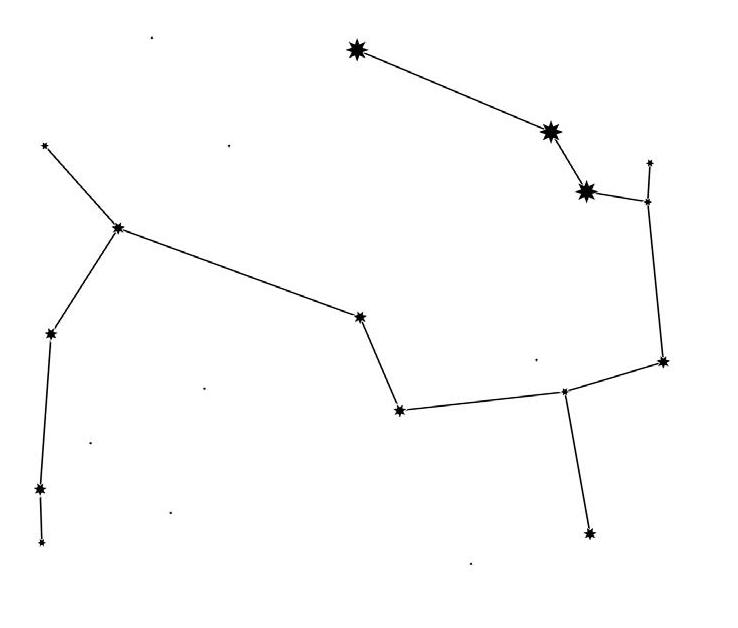


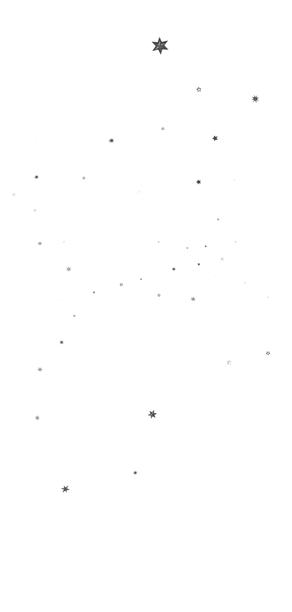

Liberated orange and black bed socks
girls on the run with a shelf of empty
sketchbooks, labels stuck on olive
jars, cherry stems tied taut, Hester Prynne,
Audrey Horne, you are my queen of hearts
in the world where I am man and devil and those are both red, scorching things about me

autofiction scrawled anywhere but a bar bathroom stall
if I’m being so bossy and honest I’d say I wish I wasn’t free





Hey carnales, two thousand and twenty-four is pretty bitchin’ so far, eh?
Everyone’s talking about how far we have advanced into the twentyfirst century. It's just plain gobstopping glorious to think about where we came from to get here. All that shiny shit, that marvelous mierda, reminds me of a fable I heard one day at Ghetto Smith’s while wandering through the dog food aisle.
It's a story about the New Mexican astronauts; los recuerdan? They came from the South with their sister the scientist in an attempt to reconcile el Norte with la neta, if such a thing is possible.
I imagine there is all sorts of stuff on the interwebz about this. Maybe you ought to Google it when you are done here: This story is about the time those two, nursed on atomic infusions and the dull knife of continuously magical circumstance, were gifted with petroleum-powered caballos mecánicos.
for exploration that was dangerous and therefore had to be studied, modeled, processed, and then undertaken with the utmost gravity.
Additionally, there would be no supervision or support on actual missions, just the endless sage, wrecked cars, spiders, and occasional cows encountered on trails that had been carved out by the agents of men who had been making movies about an imaginary version of Albuquerque. They wanted a way to conveniently strand their hero in the Sandia Mountains, near the end of the fifth reel, like he was el vaquero más solitario del mundo or something like that.

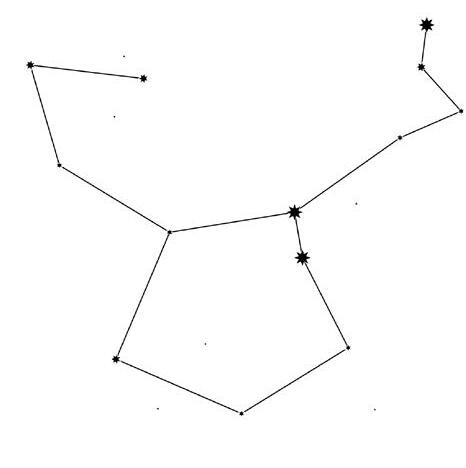
La historia suena así…
The dirt bikes were a good idea because they introduced a format
One of the motorcycles was painted green; the other was red. That configuration had nothing to do with the mythos of the popular culture in those parts regarding


two fruitful colors. In this case, let us say that the patterns and spectral traces differentiating one vehicle from the other symbolized springtime and blood, respectively.
from the corner of one's eye and waiting to be fully observed to be made real.
Mud leapt up into the air as the spacemen approached.
The devices were put to use; a practice concerned with the depiction of new experience was initiated, and lonesome guitar songs played over the entire narrative as it unwound—a plain reflection of the awesome and empty mesa that stretched outward and to the east from the main observation laboratory.
The two New Mexican astronauts then prepared a mixture of gasoline and oil, imagining the far shore as just over the looming mountains, a bright and exotic locale similar to the levant seen vaguely
And so with their sparkly protective headgear properly applied—one had big blue stars on it, like the Cowboys in Dallas once wore in their fabled infancy—the two New Mexican astronauts zoomed through several very compact iterations of the eleventh dimension which were craftily disguised as this or that neighbor's backyard, right out into the middle of the vasty plain.
En ese desierto, algunos de los cactus estaban brotando flores colorido, y birds made from stones. Mud leapt up into the air as the spacemen approached. There was a shift in the sand where a serpent had slithered by, and a beverage storage unit abandoned long ago by another explorer whose size the astronauts determined to be in excess of three meters, and who therefore probably came from one of the moons of Jupiter.

The only problem was that the whole scene lacked nuance. The two New Mexican astronauts fiddled

with the idea of strapping a portable radio-wave receiver to one of the dirtbikes but decided it wouldn't be the same because meaningful tuneage would just get lost out there among the eroding arroyos, saben?
When they arrived at the foothills preceding the inside-of-awatermelon–colored mountain, they paused and noted its grandeur. One of them swore he could see other humans dancing on the very top, on the southernmost peak. But they were so small, they might have just been some sort of vulgar insect life, one of the astronauts proclaimed. Qué lástima, quoth the other. Fearful of such potentially barbaric entities, they retreated.
On the journey back, one of our heroic travelers, the one with the name like a wolf (the other was called after the highest of clouds), ran over a small rodent. Basta!, each cried out to the other as the little rat’s blood drained away into la tierra.
Saddened by death and then made wondrously indifferent by life, they hauled ass back to their floating chante and parked los motocicletas in a dark room filled with ghosts. The
two New Mexican astronauts spent the intervening days listening to A Night at the Opera and Goodbye Yellow Brick Road, smoking Salem brand cigarettes stolen from the captain's quarters.
At night they would take out their microscopes and consult encyclopedias while the wind churned and rattled as if telegraphed from a much loftier world. Finally, their research completed, the New Mexican astronauts settled into their labyrinthine headquarters and took a nap. Shortly after the solstice, the dirt bikes became small birds con plumaje inexplicable that flew off towards the sea, singing “The Ballad of Danny Bailey” and weeping loudly as they went aloft.


For Associate Professor AlbinoCarrillo(1964-2022).



architectureproposal

I’ve never met a playwright but I’d like you to show me your script
Do you hear my voice rattling like the Hermetic Devil’s?

Last night I knew what that meant and wouldn’t rise to record it
I will need you to trust me I will need you to manage the stage
I will need you to bruise my arms and laugh when I do not drag properly the table
at which Goody Proctor breaks salty bread and drinks bitter wine
I’m just not quite sure how to become someone else when I step into the light
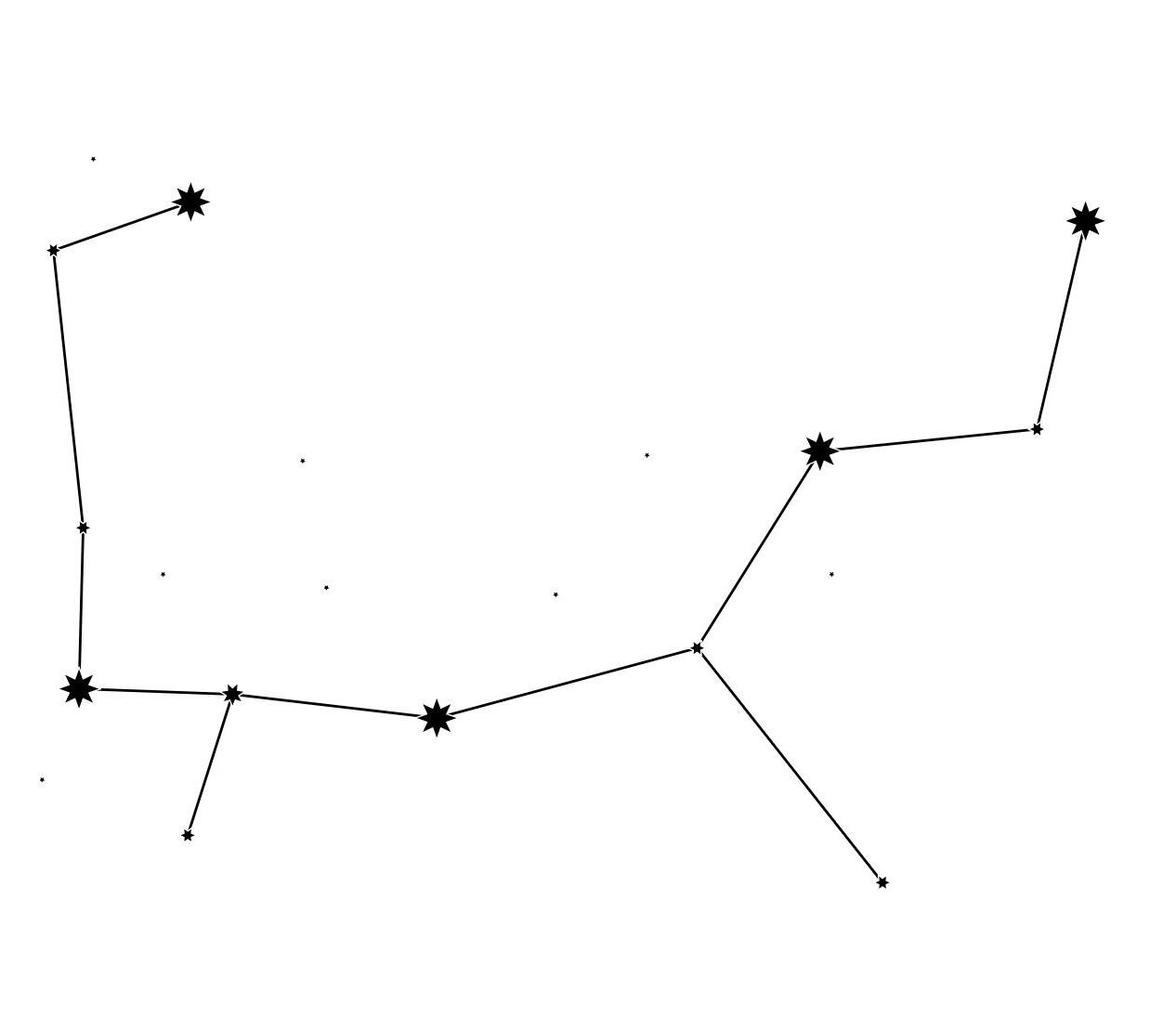





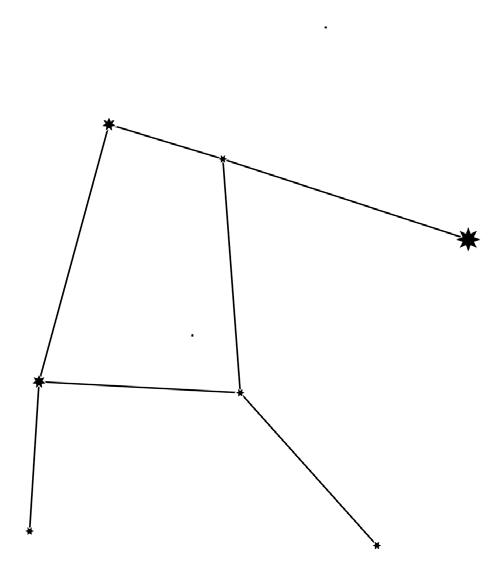


I thought I would live in that RV forever, pulling red curtains around our bed for privacy, eating off quail placemats your mother gave us, searching for a Mexican grocery store boarded up by border patrol years before, buying stale tortillas at 7–Eleven with coins I found in the place you keep your camo hats, watching videos you sent of your lawn work, printing your pay stubs on yellow paper, taking care of your thumb-sized brother who never stopped crying, even after I gave him thimblesful of milk and canola oil. I can’t be a virgin for you forever. I can’t not have you, even on the bed that all can see. I can’t mother your brothers or your sorrowful blue eyes or your smooth, seeking voice. I am too awake for that, groping around for you or a phone with a set alarm. So long ago, I learned to lull myself to sleep with want. Now it makes me hollow, the way a ringtone sounds after many mornings alone.
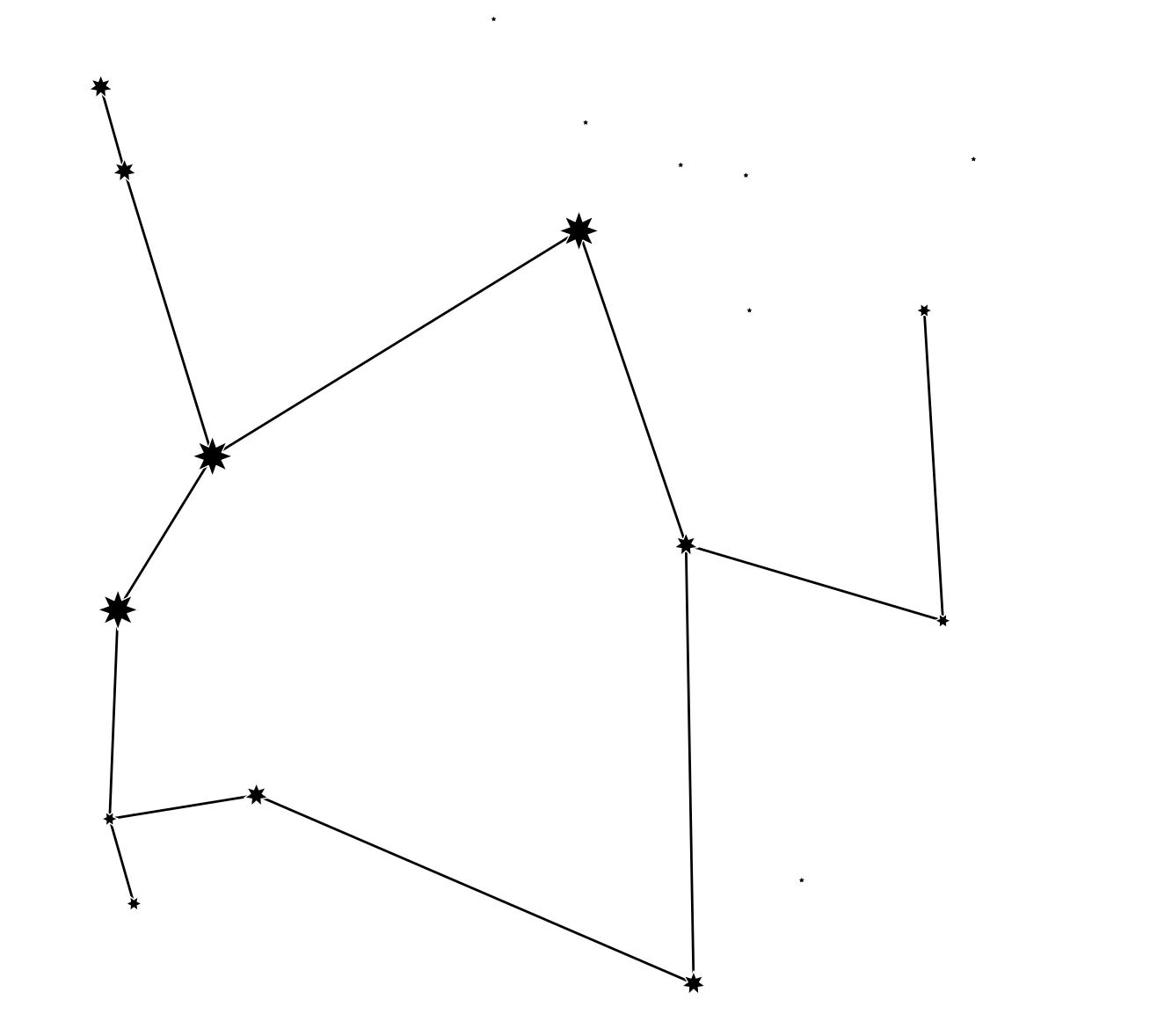


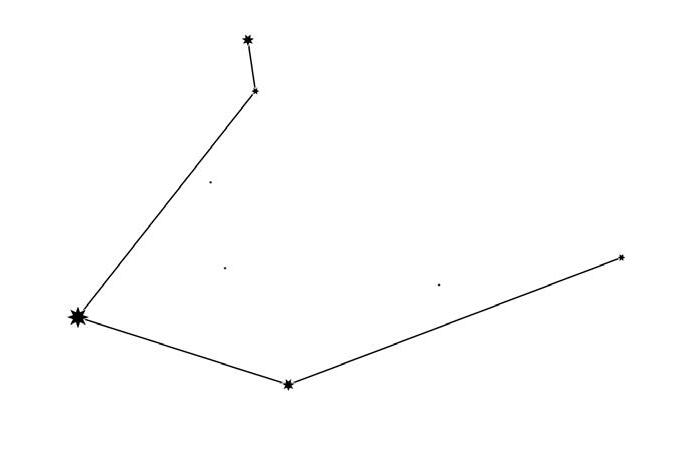

Poetry
This is how I will remember you Standing a ways off Taking the tide in Timelapse
Sometimes I picture your life As years condensed into minutes Images flashing across a screen Childhood in film grain, a changing world, Uncertainty, loneliness, love
I watch it bleed into mine And I want you to know the Timelapse slows Each Sunday morning In your car
When you let me sit up front And we listened To In Rainbows
And you were drumming on the wheel And I was mumbling along
If I compared life to A well-skipped stone Would you understand What each moment of contact Was meant to represent?





Equate each arch to a year and see them grow smaller and smaller
Until the stone sinks Or lands across

All this to say
I’m afraid
That time is collapsing
That life is leaving Where do I put that fear? How can I make it smaller?
Show me the video at least
Let’s watch the water race through time And find out
If making it smaller
Has taken anything from it

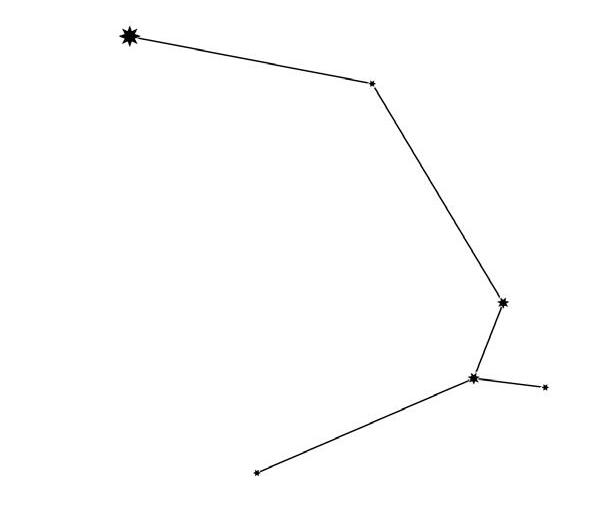
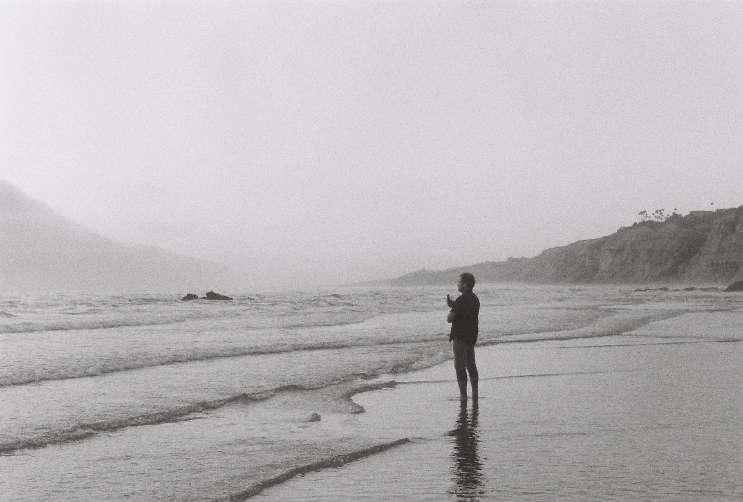




eptember is almost over. The weather has cooled enough for hot air balloons to launch in the mornings. Migration season is near.
The Rio Grande Valley is a major route for migratory birds, and in late September, they begin to arrive. At night, they roost in the low river on sandbanks. At dawn, they rise from the river’s bosque to search out fields in which to forage. Sandhill cranes have overwintered up and down the Middle Rio Grande Valley for generations. They come from the north, from parts of Canada, Alaska, and even Siberia. In the past, they fed in the seasonal wetlands along the river, but more recently, the birds rely on agricultural fields and restored wetlands. These ancient birds follow ancestral migratory paths year after year, but I only noticed them a few years ago. Until then, I had lived my life without knowing about these remarkable birds.
I was pregnant with my third baby when we moved to this rural area. I stayed at home with my children for ten years before returning to the workforce. Being a mother of three young children kept me close to
the ground. I often sat on the floor with my kids; at first, when they would lie on a playmat and observe the small world of our home around them, then as they learned to sit up by themselves, and then crawl. I sat on the floor and read to them and played with them, showing them how to stack blocks, how to roll a ball, how to hold a cloth book and turn its pages. Even when standing, my eyes were fixed downward, watching my children. We went for walks and looked at the ground, searching for bugs, or flowers, or an interesting rock. I was with my three children nearly every hour of nearly every day while my husband worked and went to school. I treasure the time I had with them when they were small. But at times, there was something there with
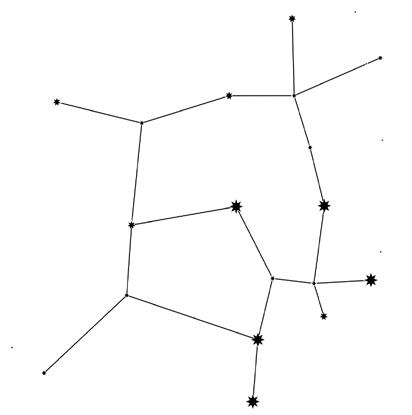
me which I did not yet recognize as loneliness. • • •

One particularly difficult morning, everyone was out of sorts. The oldest would not let me brush her hair and batted my hand away every time I tried; the second found out that meat came from animals and was devastated; and the third wanted to wear
enough to enjoy our visit and return home with our canvas bag full of books. One was a picture book of the Japanese folktale “The Crane Wife.” It is a story of kindness, love, and greed. It begins and ends with poverty and loneliness. Oncetherewasapoorweaverwho lived alone…
These seem like small things. I assure you they were not.
the red shirt, not the green one, but the red one was in the laundry. These seem like small things. I assure you they were not. We needed a change of scenery. I scrounged around the house looking for change to put some gas in the perpetually empty tank. We managed to make it to the library and distract ourselves
It is a magical thing to watch someone weave, especially if they are using one of those large looms, the ones the size of a dining table. The thread is carefully strung to create the warp, and once that’s done, the weaving begins. With steady rhythmic movements, the weaver sends the shuttle back and forth between the warp threads while alternating the thread pattern through which the weft thread travels. It is a slow and ponderous activity for a beginner, but captivating when done by an expert.
Our drive to the library took us into town and past quite a bit of farmland. As someone who grew up in suburbia, the farms held a special kind of fascination for me. As I
passed the farms again and again, each season’s pattern emerged, and I recognized a small measure of the rhythm of farm life (albeit from the driver’s seat of my car). In the spring, fields were plowed and sown, irrigated with river water from the acequias, the irrigation ditches; seeds sprouted, covering the red-brown earth in a green haze; crops grew, either alfalfa or corn. By summer, the corn was tall and shining green, and the alfalfa was in bloom, a hovering cloud of bees and small yellow butterflies visible just above the tiny purple flowers. The end of summer brought harvest time, and the fields were dotted with the pale gold of dry corn stalks and green-gold bales of hay. In the winter, the fields rested and became a feeding place for wintering birds. In the spring, I pointed out the new lambs and calves to my kids as we drove past. Anytime we went anywhere, birds foraged in the fields. Different birds at different times of the year. I pointed them out to the kids, and naturally, the kids asked if I knew their names. I did not, and so we went to the library and searched



for them. We discovered that, in the summer, the cattle egrets—bright white birds with pale yellow shoulders—and the white faced ibis with their dark iridescent feathers stalked the irrigated fields. Soaring above them on thermals were turkey vultures, attentive to the dead. We often saw kestrels, diminutive raptors the size of an adult’s hand; shining black ravens with black beaks; and tiny goldfinches flitting among the tall grasses edging the fields. But best of all, in the autumn, huge flocks of migrating birds arrived. Snow geese and Ross’ geese, white with black-tipped wings; many species of ducks; starlings flying in the mystery of murmuration; and sandhill cranes. Since then, the cranes catch my eye, again and again. I often pull over on the side of the road to
watch them.
I can clearly see the convergence of factors that drew my attention skyward and caused me to look up and around. First, there was the picture book, with its lovely watercolor illustrations. The story itself was new to me, though the archetypes felt familiar. Then, I attended a class where I learned to weave. Different methods of weaving on different types of looms, from simple and primitive to modern and highly technical. Though none of the methods I learned could really be considered simple. To me, it seemed like magic. And finally, I, like a child, looked and saw that the world was bigger than the small sphere within which I moved, bigger than my little family in our little house. It is amazing what you can see when you pay attention.
Once there was a poor weaver wholivedalone.Onesnowyday, hefoundaninjuredcrane,whose wing was shot through with an arrow.Hetookthebirdhomeand shared his meager meals with thebirdandcaredforittenderly. When the bird recovered and was strong enough, it left the poor weaver and flew into the wintersky.
Crane hunting is legal in New Mexico. It’s supposed to be a sign of a healthy population, when there are enough birds to hunt. A friend refers to the cranes as “the ribeye of the sky,” and I can’t help but laugh and shudder. Hunters submit applications to a permit lottery, and only a few are granted each season. Limits are placed on how many birds may be harvested.
“The Crane Wife” is a story that could have developed in many places—anywhere with a migrating bird population and a tradition of weaving and storytelling. This story could happen anywhere. It could happen here.
I mark each year by the arrival of the cranes. The heat breaks and September breathes a cool sigh of
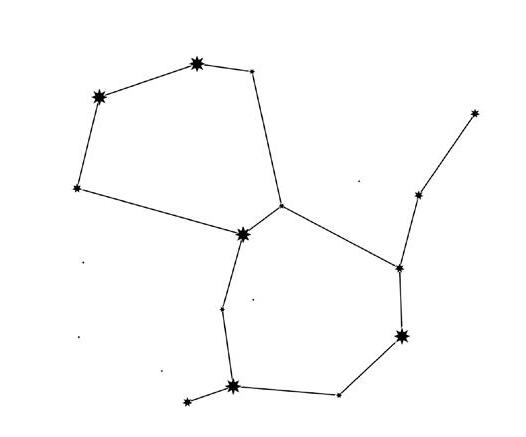


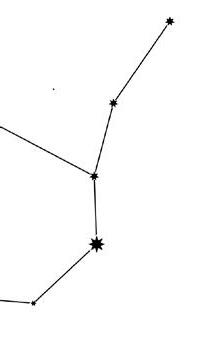
relief. The sunflowers bloom along the side of the road through late summer, just after the prickly pear fruits swell on their cactus pads. The sunflowers fade, and the leaves of the cottonwoods turn vibrant yellow, then shimmer gold. The hay and corn are harvested. October approaches, and in the sky, you can see the cranes. At first, they look like smoke from folks burning their weeds. But the soft gray smudges grow larger, and more solid, and move faster than smoke. They bring the cold with them. They are winter’s birds. Just look at them. They are the color of winter clouds and fallow fields.
Once, I saw a great flock slowly descending onto a field. There were cranes on the ground and in the air and in between. It was as if I were watching a slowmoving funnel cloud stretching from ground to sky, higher than any house or tree, and cranes were circling their way down. Around and around they soared, and the ones close to the ground had their legs extended out in front of them. Cranes, when they land, remind me of parachuters,

or an airplane engaging its landing gear. If I had a magic spell to call the cranes to me, is this how they would come? I imagine standing at the center of all that movement, surrounded by a swirling cloud of birds and feathers and rattling cries.
Did you know that sandhill cranes are monogamous and that they mate for life? They perform complex courtship rituals

If I had a magic spell to call the cranes to me, is this how they would come?
that include a series of movements that resemble dancing, offering gifts to one another, and calling and responding to each other as if in song. Their long slender throats conceal a looping windpipe that creates
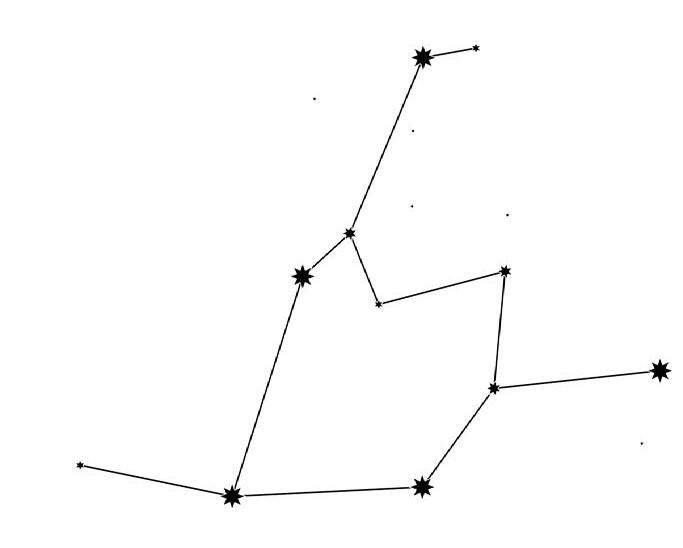

their distinctive rattling call. They travel in family groups and recognize each other’s calls and use them to locate one another among hundreds of birds.
A few years ago, one early winter morning, I drove to work while it was still dark. There were
as tall as I am) and taking it home. It was probably ill or injured. Why else would it be standing there? I am no wildlife expert. I drove on. I was already late for work.
Time has passed, and not always with ease and kindness.
few lights on the two-lane highway that comprised part of my drive. As the road widened out to include a center turning lane, I saw a crane. It stood in the middle of the road, unmoving and unbothered by the trucks and cars driving past. My headlights shone on it and then I was past it, wondering if I had really seen it. For just a moment I thought about stopping. I imagined trying to coax it into my car (the bird was
I was preoccupied for the rest of my day. I imagined taking the bird home, calling work, and explaining that I couldn’t make it in today because I had a crane to nurse back to health. Or explaining to my family that we need to make room in our small house for this
wild creature. Besides, it might be magical. I don’t need a crane wife, but if it turned out to be a bird that was also a woman, maybe she could be my crane friend. I would not insist that she weave magical cloth, but if she wanted to weave, I would get her a loom. And if she chose to shut herself away for three days and nights to weave a wondrous cloth using thread from her feathers, I would not disturb her. I would not drive her away with demands that took her gift, freely given, and constricted it until her very life was drawn from her like thread through a needle. I would tell her she could
come and go as she liked. In the spring, when the air warmed and the wind began to blow, if she wanted to return north with her family, I would wish her a safe journey and look for her return in the fall.
Something about seeing these cranes—these large birds—in flight makes me catch my breath. Every time. When I drive down a side road between farms, and cranes fly across my path, just above the car, or when I stand on a bridge over the Rio Grande and hundreds of cranes converge to roost in the riverbed, I catch my breath and my heart lifts. This is what I mean: Cranes fly above me, and I can see their gray-silver feathers with patches of clay-brown that they’ve applied to their bodies with their beaks as a camouflage; I can see their sharp beaks and sometimes their amber eyes; their long, scaly legs are tucked close to their bodies. Just below my throat, my breath catches; my shoulders fall back as my chin lifts and my head tilts towards the sky. I breathe and feel as if my heart is expanding. I experience a feeling of lightness as the birds diminish from my field of vision.
My children are older now, and all but one have left home, though they occasionally return. Our relationships have changed over the years. Time has passed, and not always with ease and kindness. But the rhythm of the seasons remains the same. It is mid-September now. In a week or two, the cranes will return, and my heart will lift as I look to the morning and evening skies.
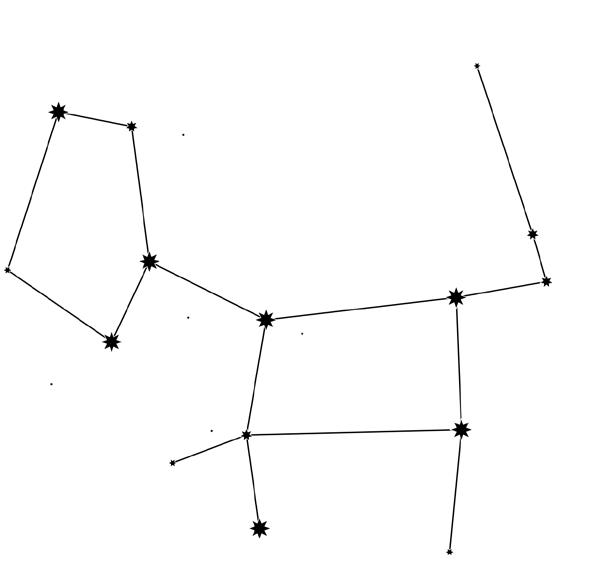


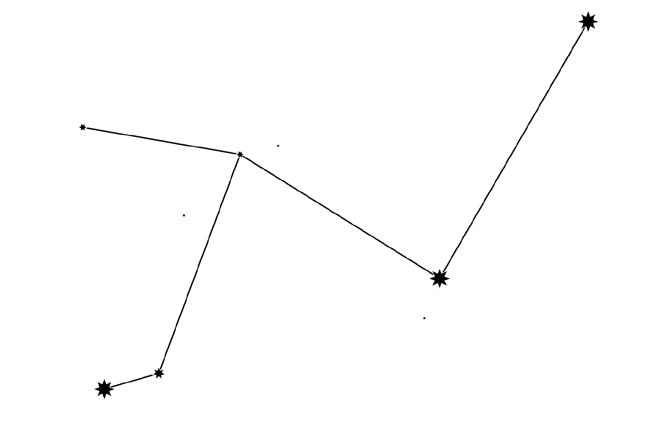





And the mother was terribly kind. She met the father staged across a room, positioned on the dance floor of a frat house. He drove her to court-ordered community service appointments, looking straight into her eyes, telling her, “I love this life we have.” He talked about things like Gettysburg and bought little figurines of Abraham Lincoln to place on his bookcase. The two of them would dress up the presidential dolls like high-strung women, fashioning him in the daughter’s Barbie clothes, dresses, and heels. The mother looked at her children, four of them, and wondered if they liked her. She started collecting Dalí paintings and imagining her children in the bizarre landscapes. She insisted the children themselves looked like melting clocks and cursed the persistence of memory, knowing that land and animals and people wither away under her feet. And she slept with a collection of trinkets to not forget. The father and the mother sat alone in their room surrounded by rare, clay baby heads that they had strung along the walls and wondered if having children was always like this.
And instead of playing dress-up with her three daughters, the mother mentioned the small university in Pennsylvania where she spent her twenties worshiping rocks. And she thought she could maybe be famous if she held out just a little bit longer and ignored those small blows to her body. And the father took Lincoln in his arms, falling into a deep sleep, trying to preserve some sense of self. And he had nightmares about sitting on the battlefield with his daughter, fighting about history and what men are really like. And the doll looked into the mother’s eyes, high heels and all, telling her to look for something other than the truth. Time passes. And the memory of her children, four of them, melting like clocks, remains.
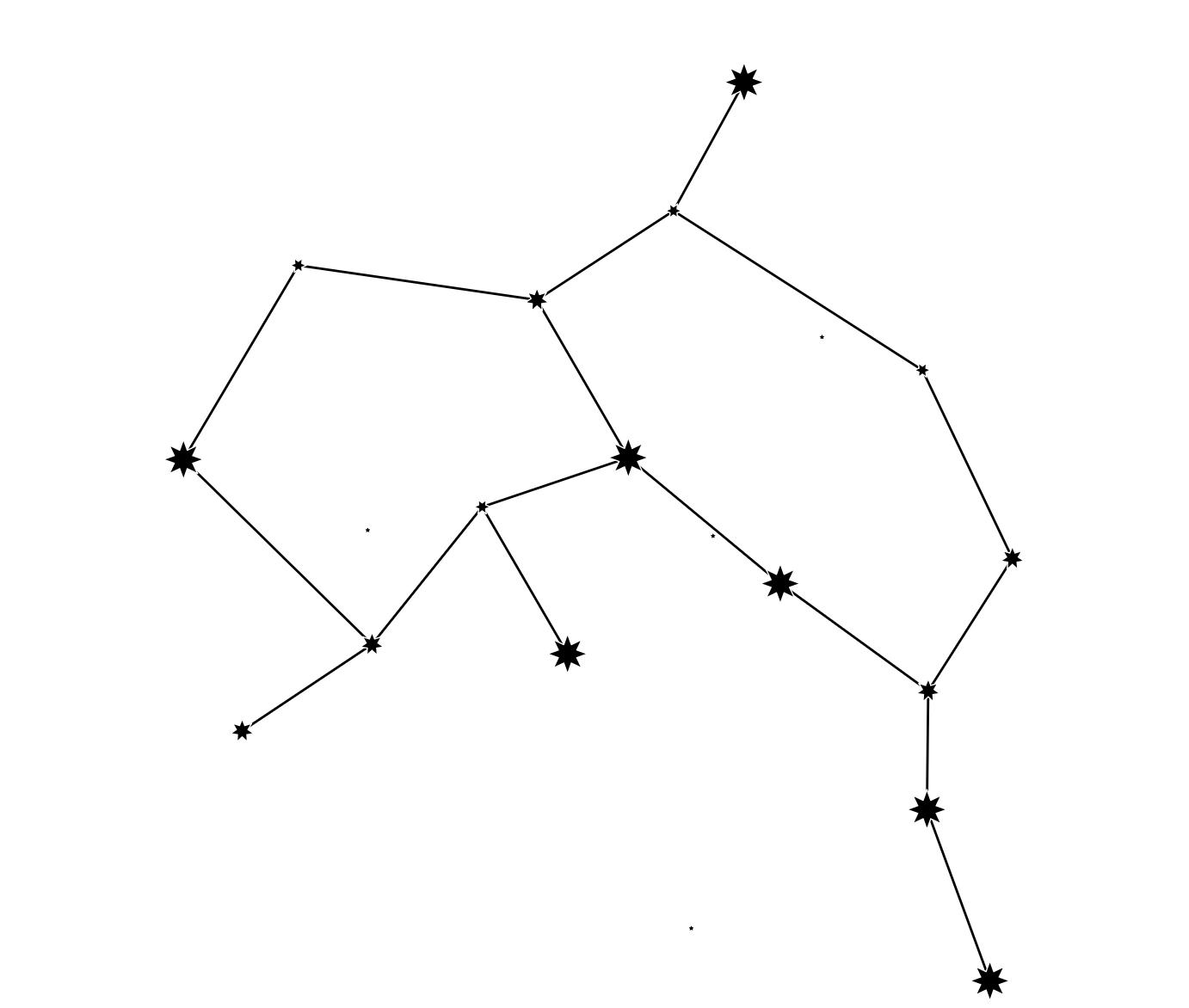






18x24inches
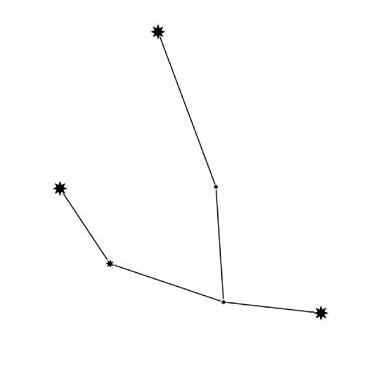
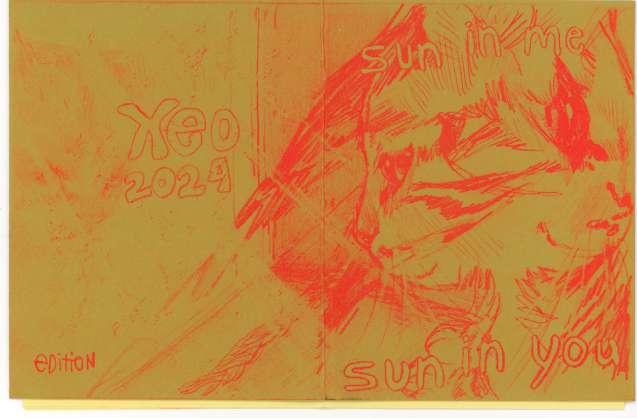

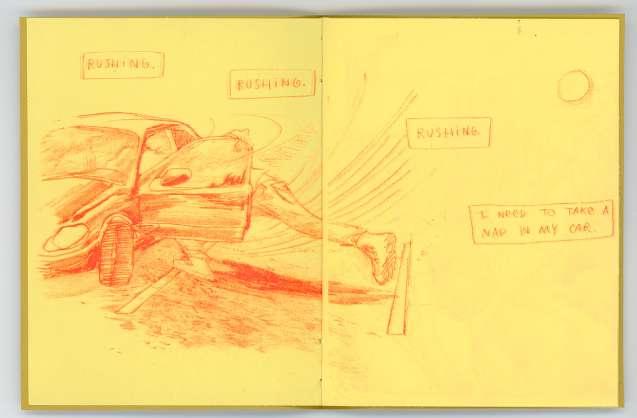
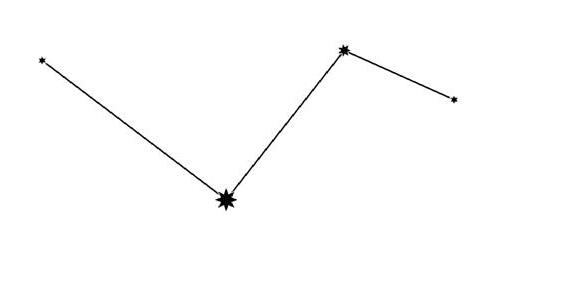

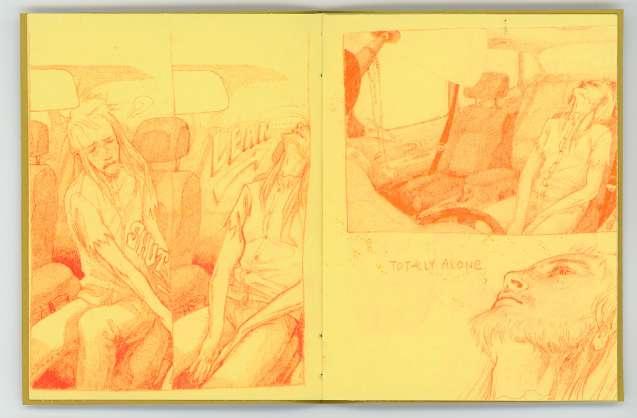





There are times I don’t worry if I’m man or woman, for what I am is held, my hand in your hand.
But if you broke apart my ribs a little bird would flutter and twitch, and keep itself entombed.


SACHI BARNABY
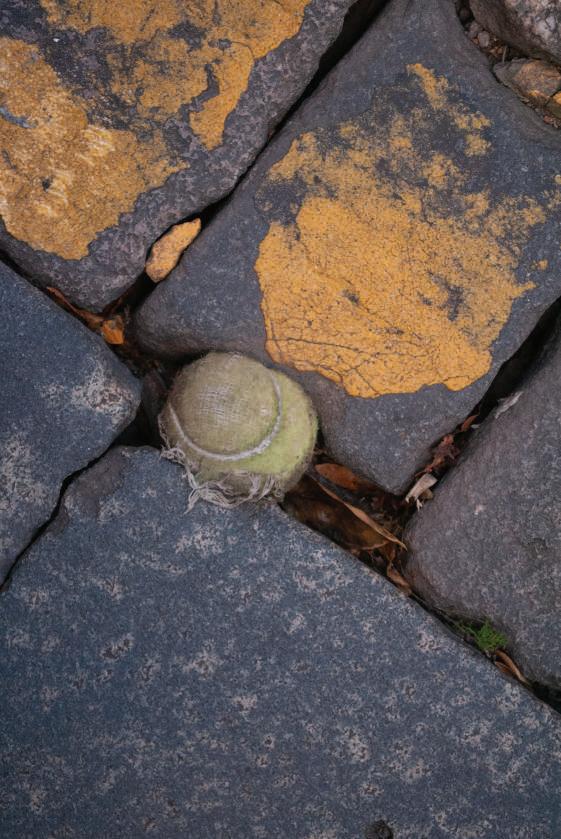
7.66x11.45in,digitalphotography




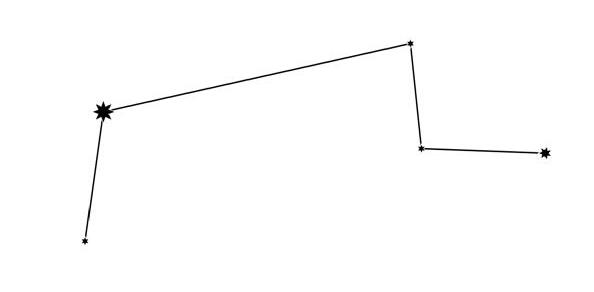



7.66x11.45in,digitalphotography

SACHI BARNABY

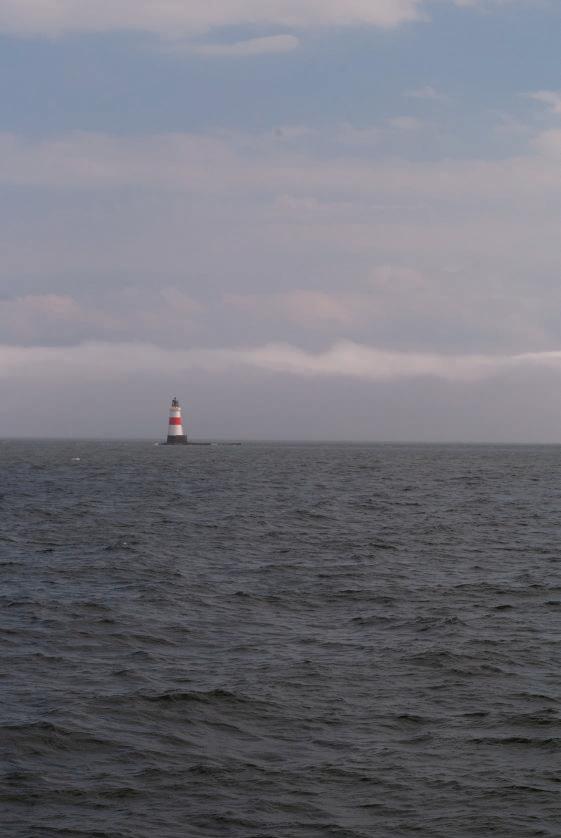
7.66x11.45in,digitalphotography
The emerald cockroach wasp, jewel wasp, or Ampulex compressa, are solitary insects. Endoparasitoids, entomophagous parasites, cannibals. The wasps sting cockroaches, turning them into zombies to be hollowed out by the wasp’s larvae. The first sting is aimed at the cockroach’s thoracic ganglion to induce a biochemically transient paralysis. The second sting is aimed at the head ganglia of the cockroach, disabling their escape reflex. Most pests are attacked by at least one type of specialized parasitoid. Parasitoids perform an important ecosystem service: In the process of generating their offspring, they suppress pest populations.1
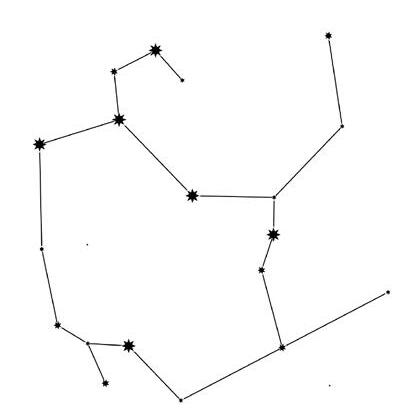
COLTON CAMPBELL

In May 1940, the Experiment Station of the Hawaiian Sugar Planters’ Association sent Dr. R.E. Turner to the French Pacific colonial archipelago, New Caledonia, to retrieve A. compressa. Cockroaches threatened colonial economic interests in the Hawaiian Islands, and so, the invasive jewel wasp was introduced as a form of biocontrol from the far west of the Americas, and east of Europe.2
My brother called me again.
1 Christie Wilcox explains, “The quick jab takes only a few seconds, and venom compounds work fast, paralyzing the cockroach temporarily so the wasp can aim her next sting with more accuracy. With her long stinger, she targets her mind-altering venom into two areas of the ganglia, the insect equivalent of a brain.” Wilcox, Christie. “ZOMBIE NEUROSCIENCE.” Scientific American 315, no. 2 (2016): 70–73. https://www. jstor.org/stable/26047070.
For further reading, see Gal, R., Rosenberg, L.A. and Libersat, F. (2005), Parasitoid wasp uses a venom cocktail injected into the brain to manipulate the behavior and metabolism of its cockroach prey. Arch. Insect Biochem. Physiol., 60: 198-208. https://doi.org/10.1002/arch.20092
2 F.X. Williams, “Ampulex Compressa (Fabr.), A Cockroach-Hunting Wasp Introduced from New Caledonia Into Hawaii,” *Proceedings of the

I was on campus picking up a research poster I had presented earlier that day on the history of the Mexican folk song “La Cucaracha.” His voice shook, and he asked if I could give him a ride. I immediately agreed to pick him up. He had been undergoing electroconvulsive therapy treatments for bipolar disorder recently. On top of the electricity, over the past Hawaiian Entomological Society* 11 (1942). p. 221–233.

decade, his brain had been cooked well by antipsychotics that made him rigid in the body and slow in his head.3 He did not have his car because his license had been revoked. Earlier that week, he had been walking up and down the street with his shirt off, unable to explain his state. My parents had called the police.4
I wanted to be the one to pick him up. I did not want him to go back to the psych ward. I have done my time cocooned in those white walls. After I was released, I applied to grad
3 A similar method is used in pest control and is considered to be more humane than traditional extermination methods. “The winner of Australia’s 1991 Inventor of the Year award came up with an electrified version of the roach motel. After the cockroaches are lured in to stuff themselves with the bait, they ‘end up fried’.” Copeland, Marion. Cockroach. London: Reaktion Books, 2003. p. 57-58.
4 Medical actions like diagnosis and medication pathologize a mental state that is actually rational. This illness is a reaction to a “world without bonds.” “For its part, the primary function of the medical gesture was not the absolute eradication of illness or the suppression of death and the advent of immortality. The ill human was the human with no family, no love, no human relations, and no communion with a community. It was the person deprived of the possibility of an authentic encounter with other humans, others with whom there were a priori no shared bonds of descent or of origin. This world of people without bonds (or of people who aspire only to take their leave of others) is still with us, albeit in ever shifting configurations.” Achille Mbembe, Necropolitics. Durham, NC: Duke University Press, 2019. p. 6.

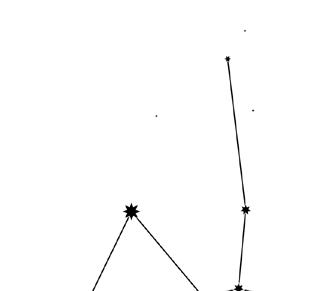

school. I had to prove that I was not insane, or that the word was arbitrary.5
That morning, I sang to conference goers as they passed, “La cucaracha, la cucaracha…”
I would let them finish the lyrics if they knew them.6 Most people sang the rest of the lyrics that they knew, the white lyrics.
called it a paradise, and talked about “Kaddie,” a mixture of k etamine and
Apparently, Maui Wowie was not strong enough for him.
Apparently, Maui Wowie was not strong enough for him.
“Nah, nah, nah, nah, nah, nah, nah…”
We would laugh when I sang the rest, the Villist version popularized during the Mexican Revolution.
“Ya no puede caminar Porque no tiene, porque le falta Marijuana que fumar.”
Around that time, Maverick took a one-way ticket to Hawaii. He

Some say that marijuana and other pre-Hispanic medicinal traditions elicit psychosis. Maybe they bring our attention to how little things make sense.7 Several Spanish speakers ruined my hook and sang the lyrics verbatim. I had the most
5 This venture proves itself with its own logic, “Language is the sovereign who, in a permanent state of exception, declares that there is nothing outside language and that language is always beyond itself. The particular structure of law has its foundation in this presuppositional structure of human language.” Agamben, Giorgio. Homo Sacer: Sovereign Power and Bare Life. United States: Stanford University Press, 1998. p.21.
6 I had hoped this interaction was not commodifiable.


7 Isaac Campos analyzed a study conducted by the Addiction Research Clinic in Calcutta between the years 1963 to 1968, finding the use of marijuana in psychotic individuals was falsely pathologized as cannabinoid psychosis. “Symptoms of irrational behavior, involubility, indifference to family and self, withdrawal, incessant craving to smoke marihuana,


At least nobody asked me directly if I was a white AngloSaxon protestant, a WASP.
descent. My research topic and how I look are thrown off by my last name Campbell. At least nobody asked me directly if I was a white Anglo-Saxon protestant, a WASP. But it was obvious that they did not care about this; they each scooped generous helpings of my flesh and spread it across their attention spans until I was hollowed and bleached stark white under the bright lights of the conference room.10
“La cucaracha, la cucaracha
rewarding conversations with them. By the end of the conference, the lyrics whistled through my calavera.8 My antennae were visible; maybe that was why people were drawn to my poster.9 One asked nervously if I was of Indigenous or Spanish coupled occasionally with violent responses to minimal or supposed provocations, were superimposed upon their previous psychotic symptomatology.” Campos, Isaac. Home Grown: Marijuana and the Origins of Mexico’s War on Drugs. United States: University of North Carolina Press, 2012. p. 33.
8 “Calavera” is the Spanish word for skull. Mexican representations of calaveras are decorative and often edible.
9 The New Jersey Pest Control Association holds a Cockroach Derby every four years, which is used as a predictor for which Democratic presidential candidate will receive the nomination. It is easy to see what candidates stand head and antennae over the rest, “In 1999 Al Gore outran Bill Bradley and in 1992 Bill Clinton ‘won by an antenna’.” Copeland, Cockroach, p. 64 from Amy Reiter, ‘Run, Roaches, Run,’ www.salon. com/people/col/reit/1999/08/19/reitthar.html.
10 The person of color is lactified phenotypically in research halls and in


Ya no puede caminar
Porque no tiene
Porque le falta
Flesh on their bones” 11
I told the conference goers, “Cockroaches are a part of the Blattidae family; Linnaeus chose this name because of the Latin prefix “blatta,” which can be translated to “he who shuns the light.” 12 I just wanted to go back to my darkened apartment and remember that I had flesh on my bones, but I thought of my brother running through the streets looking for a dark space to hide, and I knew that I needed to
find him, wherever he was, and lead him to the safety of the shadows.
After the conference, a Chicana playwright with a Wikipedia page visited our graduate class and asked us what we wanted to talk about.13 Everyone wanted to know more about her work. Still, I asked her how to survive without having
classrooms. Frantz Fanon elucidates this point using Rene Maran’s Jean Veneuse, a studious Antillean black man that has become a Frenchmen of Bordeaux. Due to his distance from his island origins, to the white Frenchmen Veneuse is ‘not black; you are [he is] very, very dark.’” and because he is a student, he is not primitive, “The ‘Negro’ is savage whereas the student is civilized.” In my case, I may be becoming another creature entirely—not human, not cockroach. Fanon, Frantz. Black Skin, White Masks. United Kingdom: Grove Press, 2007. p.51.
11 Lyrics added by the author.


12 “In 1758 a chap named Carolus Linnaeus decided to tidy the living world.” Weiss, Daniel Evan. The Roaches Have No King. United Kingdom: Serpent’s Tail, 2001. p. 6.
13 The award winning playwright Virginia Grise inspired me to write this story after I read her manifesto, Your Healing is Killing Me. Grise, Virginia. Your Healing is Killing Me. United States: Plays Inverse Press,
our identities flattened by academia.14 She gave a brittle laugh, and I guessed that the question came off as naive. She said she was
Still, I asked her how to survive without having our identities flattened by academia.
an artist and did not know how to help me. But she said that theater and research could be worldbuilding; her work in schools, prisons, and writers’ workshops 2017.
created something that could not be commodified, moving us “Towards A Politic of Collective Self-Defense Instead of Individualized SelfCare.”15 She told me that funding for ethnic studies was rising, to tell other cockroaches where the money was, and to give away my excess stipends when I could. I thought grimly about how pest control companies like Orkin primarily fund the study of cockroaches.16 How could I save my spirit for my family? In a protean scramble, am I to be impervious to the passage of time? Am I to feed
14 Essentially, how they were viewed depended on whether animals were edible or inedible, wild or tame, useful or useless… Modern anthropologists suggest that the explanation lies in their anomalous [not like us] status.” Keith Thomas, Man and the Natural World: A History of Modern Sensibility (New York, 1983). p. 57–8.
15 Grise, Your Healing is Killing Me, p.19
16 Ironically, the pest control company Orkin sponsors the O.Orkin Insect Zoo at the Smithsonian. It is the oldest operating insect zoo in the United States, open since 1976. Smithsonian Institution. “Insect Zoo, O. Orkin.” Smithsonian Institution. Accessed October 14, 2023. https:// www.si.edu/exhibitions/insect-zoo-o-orkin%3Aevent- exhib-132. This idea is far less ironic when we consider the western epistemological proximity of ethnic studies and entomology, “Whereas knowledge of

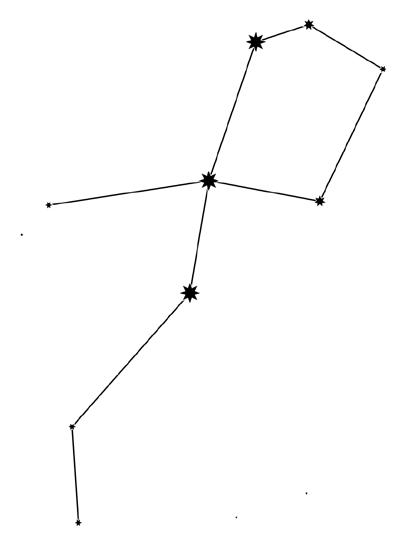

on the decay that comes with it? Universities extract more than can be repaid in currency and career. I wanted to tell her that it felt odd that a bug was under such bright lights and intellectual scrutiny. It was about the hours I spent being dissected and dried for preservation and further examination while my family and friends aged into creatures living in places that I found hard to recognize. I did not know how to say that, and I don’t think she knew how to either. I thought about Audre Lorde, “For the master’s tools will never dismantle the master’s house. They may allow us temporarily to beat him at his own game, but they will never enable us to bring about genuine change.”17
Could someone with six hands and
antennae find a way? Robin Wall Kimmerer writes, “If time is a turning circle, there is a place where history and prophecy converge— the footprints of First Man lie on the path behind us and on the path ahead.” 18
Flying down the highway, away from the university, I felt that there was nothing but linearity that I was too late. I found Maverick outside of a closed-down Sherman Williams. The faded logo painted the world pink. He reeked of alcohol, and his eyes were glazed from some supplementary downer.
beetles and butterflies has been pursued because humans admire the rich variety and colour of those insects, cockroach study has been motivated by human hatred. Much of that study has been devoted to finding better methods of extermination—something humans seem to take special pride in doing well.” Copeland, Cockroach, p.56
17 Lorde, Audre. The Master’s Tools Will Never Dismantle the Master’s House. United Kingdom: Penguin Books Limited, 2018.
18 Kimmerer, Robin. Braiding Sweetgrass : Indigenous Wisdom, Scientific Knowledge and the Teachings of Plants, Milkweed Editions, 2013. ProQuest Ebook Central, http://ebookcentral.proquest.com/lib/unt/detail. action?docID=1212658.
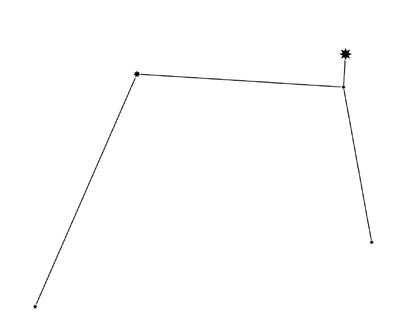

Like me, he does not trust medicine from people who do not need it themselves. But I have learned to talk and write, rationalize my
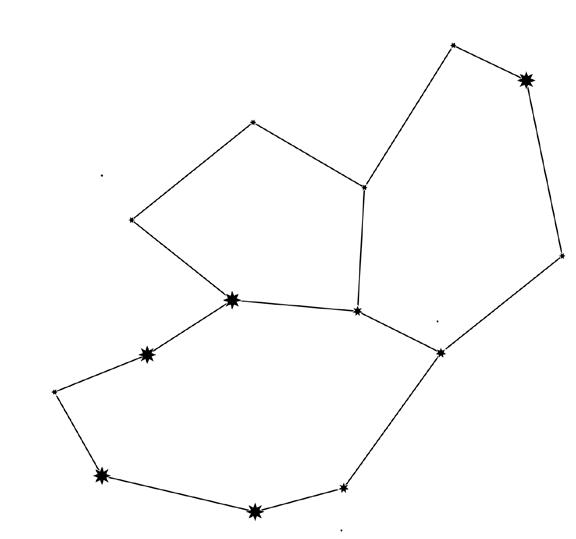

Like me, he does not trust medicine from people who do not need it themselves.
individuality, and always prove that I can do things without prescriptions. In contrast, he could not answer my questions. I knew that he would be going to the psych ward the next day for going AWOL, for running amok.19
He knew that, too.
Driving to my apartment, he asked if I would stop for water. I agreed and gave him my credit card. He spent fifteen minutes in the gas station. I called my girlfriend and asked
19
her to pick up fried chicken. My family used to eat fried chicken every Sunday after church when I was young. I wanted to be sure that the alcohol he was stealing would not be taken on an empty stomach. Maverick returned with his pants full of boxed wine, somehow proud that he had not used the money I had made grading and writing papers for fifteen dollars an hour with no insurance. I was somehow proud of him for refusing a lousy gift, even if he relapsed. I knew where he was going the following day. Orange unit; he returned like clockwork. He had an orange inked on his ankle to match a Christian woman he had met while on suicide watch together. She paid for the tattoo. She had wanted to be married soon, with an expensive dress. My brother does not work. I do not think he can work.
“Even the term ‘running amok’ relates to the drug, for the expression has been used to describe the natives of the Malay Peninsula who, under the influence of hashish, engage in violent and bloody deeds.” Anslinger, “Marihuana: Assassin of Youth” p. 150. From Campos, Home Grown, p. 13.


Vector 3: Paradise
He chugged the stolen wine while sitting in my rolling desk chair, which I spend so much time making money in. He spun around, laughing loudly, listlessly. I gave him the nicotine vaporizer to try to calm him down. He could not stop laughing. He asked me to punch him in the face as hard as I could, and I told him I would after he hit the vape.20 He told me not to be offended but that I couldn’t knock him out. I told him I did not think I could, that I may be too chicken to try to hit him.21 He was crying. I wanted to distract him, so I asked if he wanted to hear my presentation from that morning. I gave him the chicken as I began my presentation with my poster on the ground before us.
“So, do you know the song ‘La Cucaracha’?”
I tried my hook.
“La cucaracha, la cucaracha…”
He ate the chicken while staring behind me at something or nothing.
“This fucking chicken is undercooked. Mom and Dad still buy it every Sunday, and it’s fucking getting worse every time we get it.”
“I remember when we would eat this chicken and sit around after church, and Dad would talk about the sermon.” I responded.
“Yep. And it’s gone up over five bucks in our
20 We are often scared off or sold on the idea that tobacco is deadly by the standards of Western healthcare. Although not in the form of a vaporizer, for the Haudenosaunee, tobacco is sacred. “When Skywoman buried her beloved daughter in the earth, the plants that are special gifts to the people sprang from her body. Tobacco grew from her head.” Kimmerer, Braiding Sweetgrass, p. 122.



21 “Bad trips are not uncommon. The devil simply grabs you by the neck and twists it off like a chicken for Sunday’s dinner.” Acosta, Oscar Zeta. The Revolt of the Cockroach People. United Kingdom: Knopf Doubleday Publishing Group, 2013. p. 69.

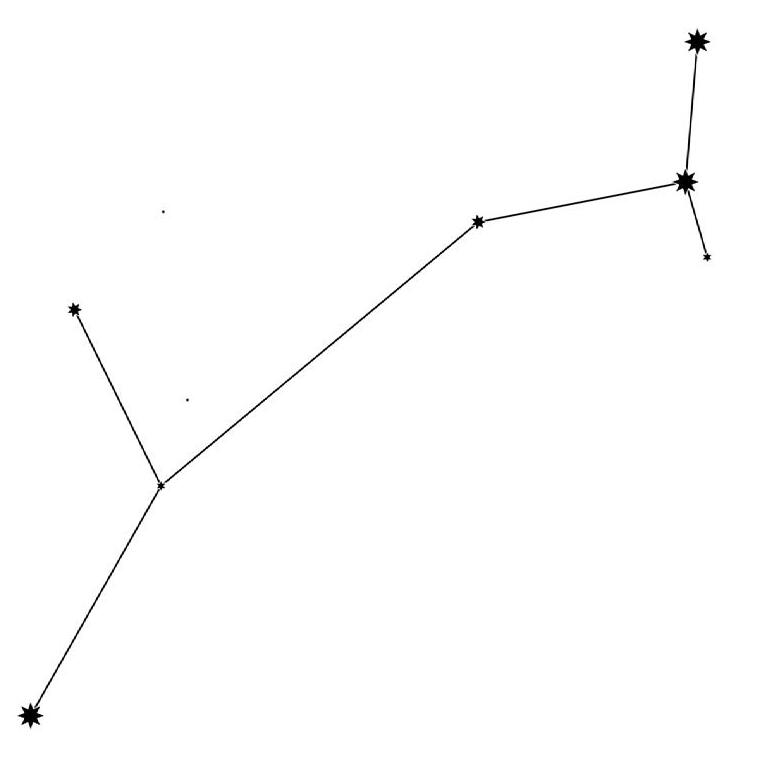
lifetime. People tell me that I’m still young.”
“You are,” I said.
“My demons aren’t. They’re old and can’t be killed.”22
I rolled my eyes. “Oh, like Beelzebub or Mephistopheles, or something.”
“No, like greed, guilt, and violence.”
“Oh, you mean Moloch. The same demon likely spurred on the Spanish
colonists…”23
As I continued forward, he was left behind. He began to whimper, but I kept my presentation going. An intense focus on research has conditioned me to remain steady in my delivery and to disregard my feelings and those of the people around me.24 Another footnote. Lovely linearity, crashing toward a silent, lonely end.
He was eating while he cried, spinning in my chair a selffulfilled prophecy. He spoke through
22 Kimmerer describes this demon as a positive feedback loop of consumption. To the Haudenosaunee this entity is a Windigo.“The more a Windigo eats, the more ravenous it becomes. It shrieks with its craving, its mind a torture of unmet want. Consumed by consumption, it lays waste to humankind…Born of our fears and our failings, Windigo is the name for that within us which cares more for its own survival than for anything else.” Kimmerer, Braiding Sweetgrass, p.308.
23 The proud cockroach Oscar Zeta Acosta included hippies, beatniks, and Chicanos among others under the name cockroach people. One famed beatnik, Allen Ginsburg, mourned his friend who was institutionalized in an asylum, Carl Solomon, in the 1956 poem, “Howl.” Ginsburg rages, eventually naming an ancient demon as the source of his generation’s madness and despair, “Moloch whose mind is pure machinery! Moloch whose blood is running money! Moloch whose fingers are ten armies! Moloch whose breast is a cannibal dynamo! Moloch whose ear is a smoking tomb!” Ginsberg, Allen. Howl, Kaddish and Other Poems. United Kingdom: Penguin Books Limited, 2013.
24 Even the most measured approaches seek to keep pace with a capi-
mouthfuls of chicken.
“I am in Hell. I think my show has reached its finale. It’s your time in the spotlight, isn’t it?” 25
I glanced around my apartment.
I smirked, “Hell isn’t so bad.”
He huffed, “It isn’t Hawaii.”
I sighed, “What is with you and that place?”
“It was paradise.”
“For whom exactly? You lost your mind out there. Hawaii to you is an idealized paradise used by imperialist neoliberalism to maintain sovereignty over the Indigenous people through tourism and agricultural exploitation. You wore Hawaiian shirts andlearned the creole, but they knew you were a tourist-haole-mestizo-addict from the States.”
I immediately felt like biting off my tongue. Who am I to throw the first stone? I shook my head. He did not speak. I stuttered.
Another footnote. Lovely linearity, crashing toward a silent, lonely end.
“Remember all the chickens on Kauai? I bet they are better to eat than this GMO garbage.”
He began to pull at his clothes, sweating and moaning. He undid the watch on his wrist and tossed it onto my poster, ripping a hole in the paper from the weight of the metal. I recognized it as my
talistic research economy. “We provide this framework so that we can be more impatient with each other, less likely to accept gestures and halfsteps, and more willing to press for acts which unsettle innocence, which we discuss in the final section of this article.” Tuck, Eve, and K. Wayne Yang. “Decolonization Is Not a Metaphor.” Decolonization: Indigeneity, Education & Society 1, no. 1 (September 8, 2012).
25 History is a dramaturgical practice. Those with smaller roles have a correspondingly increased self-consciousness toward their limited time in the spotlight.

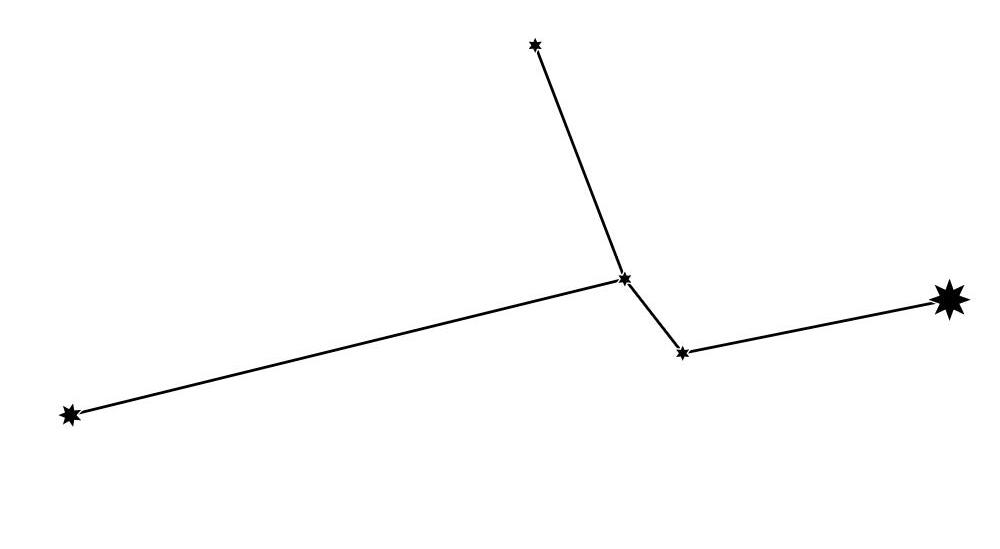

watch, which I had saved up for years ago. I had left it at home when I went to college. It was made of polished metal that warped the reflection of the wearer. The impact of the watch and the torn surface of the poster-board stopped me for a moment. The poster had not rippled, it had ripped. I slipped the watch on, but he had refitted it to his thicker wrists, and it slid down my arm.
I continued, “Why don’t we go see our family in San Antonio? I am sure Nana will want to see us. That’s what makes it Hell: a world without bonds. We almost lost you in Hawaii.”
I slipped off the watch and looked up to hand it back to him, but he did not meet my eyes. His were closed. He had bits of the paper chicken box stuffed in his mouth, and he had been shoving the plastic fork into his gums. Blood pooled on one side of his
bottom lip. I carefully took the shredded paper box and the bloody fork away from him. I put on his shoes for him and helped him to his feet.
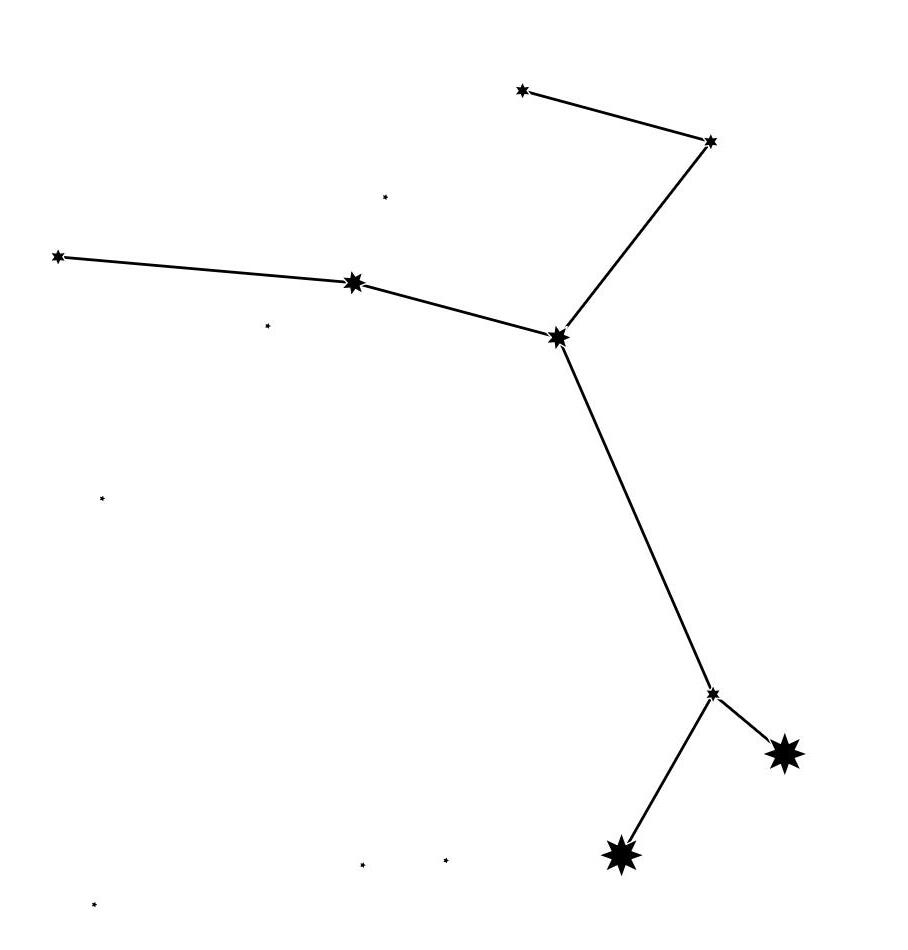

He scuttled around as I flew above him, buzzing in the otherwise silent streets outside my apartment for about an hour. I still held the watch. He followed a few feet behind me as we walked. He hissed, clicked, and growled, unwilling or unable to talk, except when a jogger or biker passed. Then he would yell in their face until they sped off. I noticed that he had lost both shoes and was wearing dirty socks. I could not let him be found like this.
“La cucaracha, la cucaracha Ya no puede caminar Porque no tiene, porque le falta Las dos patitas de atrás”
I told him that I needed to call a ride and wait. I told him I did not want him to be seen like this. He did not stop and walked past me. I followed behind him, and I called after him. He did not respond. I followed him for another hour on foot. All I could think about was going to sleep. I


had office hours the next morning and fifteen pages to write by the day after. I thought about getting fired for not doing my work. I thought about my research and how I was behind. I convinced myself that the “dead” in “deadline” was literal. I thought about everything, missing everyone and everything other than me. It is what I have learned to do. Just as Maverick has learned to run, I have run to the learned. Both methods offer the same result: separation and extermination.26 The duration and the speed of death are what differ. Survival is a brittle laugh in a fugitive space. As I followed him through the night, I became convinced that he was not trying as hard as me to survive and
26
that he did not deserve his life.27 I flew behind him, iridescent, and watched his glossy red-brown back twitch in the streetlights. I called after him.
“If you keep stomping around drunk out here, you’re going to get dizzy. Just come back to my apartment. I don’t want to
I convinced myself that the “dead” in “deadline” was literal.
have to drag you.” 28
“What?” he asked.
“I don’t want to have to drag you back.”
“Perhaps more than about difference, the era is thus about the fantasy of separation, and even extermination. It is about that which does not fit together, about that which does not unify, about that which one is not disposed to share.” Mbembe, Necropolitics, p.38


27 Before his full support of National Socialism, the German constitutional theorist Carl Schmitt wrote in the 1922 work Political Theology, “Sovereign is he who decides on the state of exception.” I identify Maverick’s exceptional state as a violent psychotic, as Homo Sacer, bare life, who “may be killed and yet not sacrificed.” Agamben, Homo Sacer, p. 8
28 The Jewel Wasp guides her prey back to her home, “Then she leads her victim to its final resting place, using what remains of an antenna as
As if he sensed a change in air pressure, he pivoted, charged toward me, and bowed up, creating the illusion that he was larger.29 He put his ear to my mouth, listening for me to renege. He did not look at me and whispered quickly, as if he was pouring out a secret he had kept with him his entire life.
“It’s not the wine that’s made me dizzy. It’s you.”
I was silent.
are doing. You can’t fool me. You made me sick. You did this to me.”
I did not ask what he meant; I already knew. I did not move because I knew that he was going to be violent. The Chicana playwright with a Wikipedia page warned us with Sun Tzu, “Tactics without strategy is the noise before defeat.”30 Unfortunately, the usage of this wisdom is not limited to revolutionaries but also to sellouts that are pacifists until they are scared. Maverick leaned back and kicked me swiftly in the stomach. I stumbled backward and coiled.31 He looked at me without recognition.

I lunged at my brother and felt my fist collapse his flesh. I felt something
“Your words are poison. Your writing is poison, too. Every idea you have is poison. I know what you an equestrian uses the reins on a bridle.” Wilcox, Zombie Neuroscience, p. 73.
29 Cockroaches react to changes in air pressure, often pivoting toward the perceived threat as a defensive mechanism, apparently aware of how repulsive they are seen to be. For further reading see Camhi, Jeffrey M. “The Escape System of the Cockroach.” Scientific American 243, no. 6 (1980): 158–205. http://www.jstor.org/stable/24966482.
30 Sun Tzu’s, The Art of War. From Grise, Your Healing is Killing Me, p.67

31 Cockroaches deliver a similar kick to ward off the jewel wasp, “Using ultra–slow-speed videography, the scientists spotted the cockroaches delivering karate kicks with their spiny back legs to the heads of wasps getting into stinging position, The Atlantic reports. Of the adult cock-

in my stinger break.32
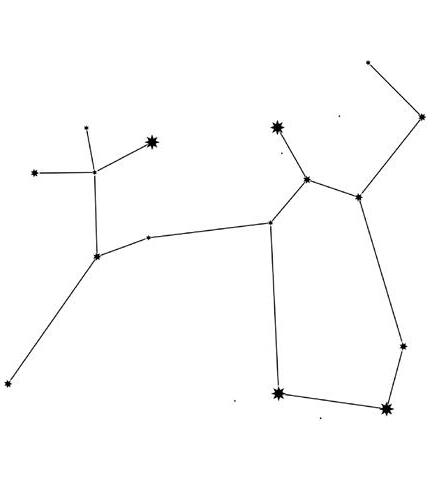
“Do you think you went too far?
Ya no puede caminar.”

pulsing from the pain that I felt I deserved. Typing for
I felt something in my stinger break.
so long had left my hand aching, and I felt flush. I could not type anymore. Looking around at the students and the wellplaced trees, I felt strange. My eyes welled up with tears. I had never noticed how beautiful the campus was, my Umwelt, how everything was so bright and clean.33
Why would I think this?
A more rational question might have been, “Why
My brother went to the ER that night and the Orange Unit the following day to recover from my sting. The next day, I walked out to the scene of the fight. Our watch sat in a pool of dried blood. He had left it for me to find. The face was broken, and the hands no longer moved, but it ticked away the seconds even still. I held it to my ear as I drove to the university. I broke my pinky my stinger. It took me a week to go to a doctor. I was walking on campus, my face roaches that attempted the roundhouse maneuver, 63% were successful in getting the wasp to buzz off towards an easier target, the researchers report today in Brain, Behavior and Evolution.” Schembri, Frankie. “Cockroaches Use Karate Kicks to Avoid Becoming Zombies.” Science, October 31, 2018. https://www.science.org/content/article/cockroaches-use-karate-kicks-avoid-becoming- zombies.
32 See footnote 1.
33 This term comes from the zoologist Jakob von Uexkull, and has since been used to describe the biosemiotic limitations of understanding that surround both man and animal. The term is often translated as “self-cen-


would I not think this?”34 Was I becoming a WASP? Was I a wasp already? Was this paradise? I remember how my brother spoke about Hawaii. It was about time I had my pinky checked out.
I waited in line at the University Hea lth Center, wearing my brother’s wrinkled hand-me-down Hawaiian shirt, and the broken watch on my wrist. A nurse came to the counter and told me they had no appointments tered world.”
available that day. They asked me to wait to see if an appointment would open before the end of the day or to come back tomorrow. I got up to leave, telling her I needed help that day.
“But sir, you have already waited a week, why can’t you wait another day?”
I could not explain to her why I had waited a week to get treatment without sounding insane. I did not know how to say that I could wait for the rest of my life to fix my pinky. But I could not wait there.
In contrast, some Indigenous thought sees the world as shared, or more importantly, something that cannot be owned, but a gift that we should be grateful for. I have broken the use of ritual repetition in referencing “La Cucaracha” purposefully. Unlike the Iroquois Thanksgiving address that receives all gratefully and with a uniform formula, I recognize my gift as unreciprocated by academia, and so my formula is broken. For the Iroquois Thanksgiving address, see Justice, Daniel., Brady, Mary Pat. The Heath Anthology of American Literature. United States: Wadsworth Cengage Learning, 2014. p. 52
34 Methods that instrumentalize parasitoids to suppress pest populations vary. One method is to improve the local plant habitat for parasitoids. Parasitoids require more than just hosts. Mercer, Nathan. “Insect Parasitoids: Important Natural Enemies of Pests.” Entomology. Accessed October 14, 2023. https://entomology.ca.uky.edu/018#:~:text=Parasitoids%20 are%20a%20diverse%20group,also%20known%20as%2 0a%20host.


I shed the Hawaiian shirt and dropped the broken watch. I flew, with buzzing translucent wings, to the nearest superstore. I bought myself a new watch.

ANNA YARROW


archivalpigmentprint,13.4”x20.1”



(toShetland)
The sway of the break the waves on the windows above restless sleepers cradled in the thrashing arms of the ship a violent hand to the lips of a winding whale road, all salt and whiplash in the dark, the staggering sea birds stumble through the Scottish sky
(oncemore,enterthebreakofday)
The wake comes gentle then torn back in unquiet gold the teeth of the sea seethed with gnashing delight this fear to be ferried down or across the hungry maw to be consumed by the sheerness of morning


cool to the touch, blueberries stain fingers in the gentleness of September
where angelica stretches lithe wings, lingering. the soft glimmer of late harebell chimes blue mournfully— the sicklemoon sways her hips in a dance, picking mossy stones with the aurora of her hands










ANNA YARROW

archivalpigmentprint,6.7”x6.7”
THOMAS J. CROWE
Imight die from this.
Not tomorrow in a pileup on the freeway, not in a few weeks when the next nutcase decides to go on a shooting spree, not in thirty years from a stroke—no, I’m going to die right now.
I stare into the wad of Kleenex: bright oxygenated blood swirled through a gob of thick mucus in a field of white, a white that seems brighter under the fluorescents as I stare into it. Maybe the fever is sharpening, rather than dulling, my senses. Explains why I now seem to feel every hair on my forearms like they’re getting yanked by tweezers.
I can hear the nursing staff just outside the door speaking in that odd sort of drawl that I’ve only ever heard in Nevada. No one who hears you outside the state can quite place where you’re from, though they
might take you for a Californian. I’ve never quite understood that. We’re different somehow. Can’t quite put my finger on exactly how, except maybe that our voices have more of a touch of the mountains and the sagebrush and—

My mind’s wandering. The fever again—it comes over me in waves and surges just under the skin and I think of swift tides rushing up a beach bright under the summer sun, and I just can’t quite tell where my body is, like I’m hanging in emptiness.
Before rushing to the only hospital in this podunk town, I was sitting up in bed, feverish in the spare bedroom at my Aunt Carol’s house. No one else would shelter us. I pinwheeled my arms trying to find the headboard. It should have been right behind me, but it wasn’t. And I was too weak and disoriented to actually look over my shoulder to gauge the distance.
To know just how far I was from the headboard seemed the most important thing in the world. I needed to feel something stable to distract from this strange shimmery feeling where every sight and sensation bled together.



The fever makes me feel like I’m standing too close to a Van Gogh: just blotches and thick swirls of paint, no starry nights, no bundles in a hay field, no chopped ears and bandages, no—
Stop it! You’re wandering again. Remember? You were listening to the nurses.
“He looks like shit,” a male nurse says to one of his colleagues.
I know what I look like. I look like I’m about to turn into a zombie. Beads of sweat on ashen skin and shadows under the eyes and a mouth unhinged from exhaustion—that face looked back at me from the mirror as I tried to hack away at a wooly beard with a razor meant for a woman’s legs. I did a crap job and I was wrung out from the effort, told Mom I couldn’t do it. A lack of oxygen makes everything difficult. That’sokay , she said. I could tell she was trying not to panic. You and me both, I think, as I continue to stare into that splotch of blood in white. Not a good omen.
I find myself talking to God again, but I’m not thinking about how I need to get square with Him before I die. Instead, I find myself wondering
if something went wrong with the paperwork, or however the hell His grand conspiracy with the devil is meant to work. I share a name with the dead man, except for the middle initial. Going out of the world so near to each other, Dad and I may as well have died the same day. We may as well be the same person in the same death bed.
Soon enough I’m not thinking about that, and I’m not thinking about how much resentment I feel towards God. Instead, I’m thinking about essentials: what I wanted to do, what I wanted to be. To get married, be a dad maybe, or at least somebody to someone. Now I’m not going to be anything, except what I was before: nothing but dust. Just like God said once, a long time ago.
Dad is dust in a box on the floor of Mom’s car. We did


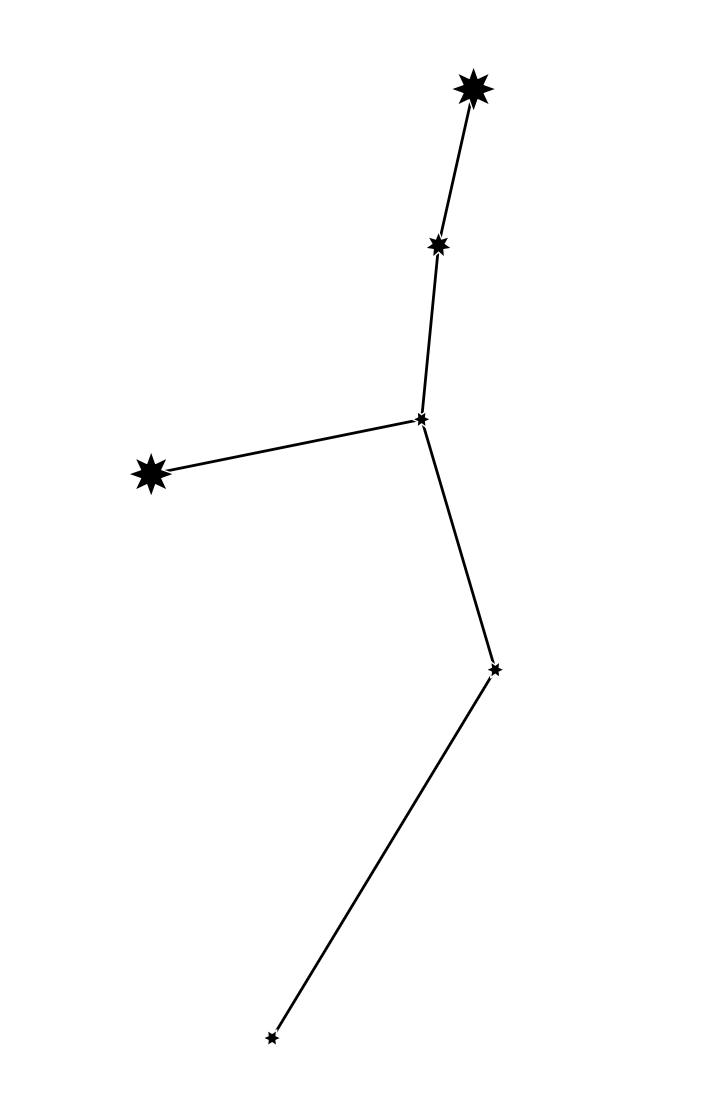

a funeral but not a burial. We could only decide how to deal with the body: break it down in a tank with some new hydrologic process cleaner than cremation, and less destructive. You’ll have more remains, the guy at the funeral home said before talking to us about urns.


That had been two weeks ago, but it felt more like ten years. March 21st , 2022. I jotted down the date in my journal the night after he died.
Brian called me at my home in Santa Fe, told me what had happened. Dad was cycling his usual route through Summerlin, a Vegas suburb, when he suffered a heart attack. The heart attack was followed by a stroke in the ambulance.
I know his route well. You leave the gated community and turn right and come to a four-way stop. It’s best to make a left turn. There are
fewer cars in that direction. A park, a Jewish synagogue with massive windows and sand-colored walls, then a brick Mormon ward right next door with a high steeple. A block farther: a street lined by ash trees that takes him down to the roundabout near the public library, one of the polling stations in Summerlin. I went with him when he cast his vote for George W. Bush’s first term. I’d have been seven years old that day.
The memory comes in bits and pieces: the curtain rings scraping as he closes the voting booth; the felt-tip of the black pen going round and round as he fills in the circles; the flashing grin and shining green of his eyes as he looks down at me, my head craned back. I worshiped him, how tall and imposing he was in his charcoal suit and the power that pulsed through his voice when he spoke to the judge in his capacity as a tax attorney. I loved him even though he drank too much and yelled too much. I loved him even when I heard Mom in the kitchen crying over the sink. But years pass and people can only take so much. Pretty soon they have to make a choice.



Mom and I went together after Brian gave us the news. I can’t remember what I was thinking on the drive from Santa Fe to Vegas, or if I was thinking at all. I must have been in shock. We were moving through the starless land of a dream. Except for a few isolated glimmers from passing towns, the country to either side was in near-perfect darkness.
And then next I knew, the car was climbing over the rim of the valley. Las Vegas gleamed below as we descended. Mom dropped me off at a friend’s house. It was two in the morning, according to the digital clock on the dashboard. She had another hour to drive before she reached Aunt Carol’s house in Pahrump, a small dusty town on the western side of the Spring Mountains.
I slept until ten o’clock, called Brian, eyes still heavy, and let him know that I was coming to meet him at the hospital. My friend must have driven me, but I don’t remember it like that. So far as I know, I drove Dad’s Mustang to the hospital on my own. Maybe I’ve got the timing wrong. Maybe I’m

remembering a different occasion. Maybe I never drove the Mustang to the hospital, but to some other place. A lot happened. Too much happened. It doesn’t all fit.
I remember it like this:
On the drive over, I became too aware of how my body was going through the motions of driving a car—turn right here, go straight, make a left, check both ways at the intersection, what’s that truck doing so close, is the next lane clear—I’m drawing breath in and blowing it out again, pivoting my right foot
A lot happened. Too much happened. It doesn’t all fit.
from accelerator to brake. All these little minute tasks, the body divided into parts. I wasn’t doing any of it. Not really.

This sensation lingered all the way to the hospital,
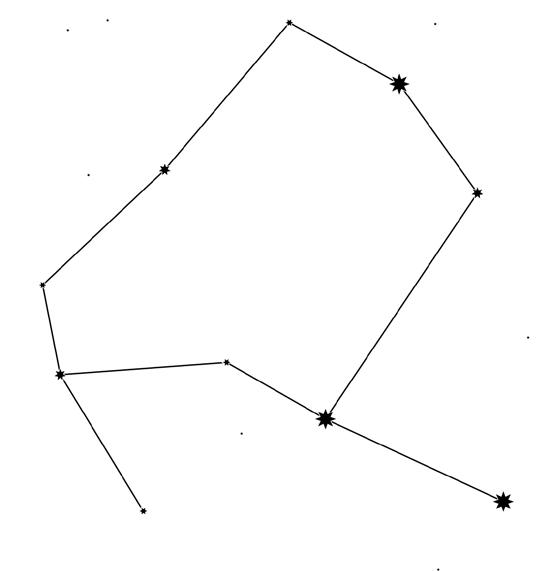

and it didn’t seem to lessen, not even when I pulled into the parking lot. Brian stood in the distance near the entrance. He was on the phone with someone.
I tapped the horn before getting out of the car. He raised his head and waved, hung up the phone and slipped it into his pocket. A big grin spread across his face as I came closer, COVID mask dangling from one ear. Was this really the time to be grinning? Never had a father die on me before— didn’t quite know how to act; but smiling didn’t come into it, just tears and dour faces. He beamed into the sun and opened his arms wide.
“We really need to come up with a better way to see each other.”
“I’m with you on that one,” I said. Four years was far too much time to let pass. We shouldn’t have
let that many years go by.
We donned our masks and went through the doors into the entryway. One of the staff took our temperatures— “All good”—then, names properly logged and all the forms completed, we crossed the lobby to the elevators. Everywhere, soft morning sun filtered in through skylights. There wasn’t all that much to talk about on our way upstairs to the fourth floor. What was there to say, really? Silence was better. Better to keep our thoughts undeclared for the moment.
Dad’s nurse was waiting for us at the station near the elevators. She came round one end of the counter when she saw us—kind eyes above her mask, slight wrinkles at the corners where cheekbone met socket—she was smiling. Why was everyone smiling? That sense of disconnection again, and with it a weird sort of mental tallying of all the ways in which we’re a mere collection of parts, and sometimes our parts don’t hang together all that well. They break or they’re just not joined together properly, and sooner or later they make us sick. Killing sick.
“So fair warning,” the nurse told
me, “your father’s experiencing tremors. We gave him a muscle relaxant and that’s calmed it somewhat, but it hasn’t stopped at all.”


“It was worse before they did that,” Brian said.
“The priest is in there with him.”
A priest? That’s right. When Brian called me at my house in Santa Fe, I’d insisted that Dad be given last rites. He was still a Catholic after all, even if he was a bit lapsed. Then again, all the Crowes I know, including myself, are lapsed in their devotion to Mother Church. So why did it feel so important to follow in this instance? We came in right when the priest was making the sign of the cross over Dad’s forehead: EgoteabsolvoinnominePatrisetFilii etSpiritusSancti.
stirrers, and the like. Next to that was a row of boxes with the lids peeled back to reveal different kinds of tea: mint, green, “tension tamer,” Earl Grey. Tallying again. Just so I wouldn’t have to look. There wasn’t anywhere else to turn now that I was here.
Dad lay on his back,
...we’re a mere collection of parts, and sometimes our parts don’t hang together all that well.
“We have some tea and coffee if you’d like,” the nurse whispered to me.
“Thank you.” Somehow I managed to walk over to the table set up near the window with a carafe of hot water and a stack of paper cups, one set aside to hold packets of creamer,
intubated. A gentle whirring, a soft pulse, and slowly his chest expanded and contracted. Other than the tubing and the IV and the dry, gashed look of his lips crusted with dry spit, he looked oddly peaceful in the face. The same couldn’t be said for the rest of his body. The muscle spasm started in the fingers.


The fingers tightened and then released, sending the tremor from the wrists and along the forearm to the shoulders, the muscles rippling beneath the skin. A moment’s reprieve, and then the cycle repeated. The man had always defined himself by exertion for the sake of some concrete goal. No matter what it was—jogging, cycling, going round the side of the house to lift a barbell. Or following the course set by his career: meeting with clients, representing their interests in court, talking about tax law. Everything seemed directed towards some purpose, but seeing the spasmodic, aimless jerking of electrical signals, I began to understand that the man I had known was no longer present, even if his shell still drew breath. If this was how it was all going to end, what had been the
point of all that fierce energy, his single-minded determination to make money, make a name for himself on his family’s tab?
I remember he’d stand shirtless in the sun, sweating in the full heat of the day, never giving much thought to skin cancer. He always said, growing up in Philadelphia, you could never escape the fog and the cold and the damp, the way winter clamped down on everything. It was easy to get down about life. Drove people to drink. Of course, he still drank even with the plentiful sunshine and the absence of damp. I came home to find him in the pool painting black noses on the stone lions, face shaded by the brim of an Eagles baseball cap and an ever-present can of Miller Lite sweating on the ledge near at hand.
Everything that had passed between us—those nights in first grade when he’d drunkenly leer over my shoulder to berate me about some new difficulty I was having in math, a miasma of vodka issuing from his maw all the while. He’d keep at you until you lost your mind and shouted in retaliation, but it never really seemed to work. He would never
stop once he got started, once he felt the need to beat you back down into the shape he preferred.
My memories are in fragments now. The shards are scattered across the floor without a narrative structure. No causal relationships exist—none of the events lead into others and none of the choices have consequences. Just haphazard images. Halfheard voices hanging in space. Maybe it’s the fever.
“You forgot something,” she says. I didn’t realize I had brought anything along. I try to stand. “No, stay right there,” she calls from a distance, “I’ll bring it to you.”
The shards are scattered across the floor without a narrative structure.
No, that’s not quite right. Sure, the fever’s not helping, and the way my brain’s being starved of oxygen, things are sure to get mixed up. But I was like this before the fever—just never realized the extent of the fragmentation.
I’m hobbling out of the hospital like an eighty-year-old emphysema patient and sitting down on a bench to wait for Mom to come back with the car. All around: the desert for miles, and the sun sinking behind the mountains, and the ever-present dust. One of the nurses—with the stern gray eyes and chestnut hair pulled up into a bun who helped me outside— re-emerges from the building.
Then I’m back in the sick room at Aunt Carol’s house. She’s taking a risk having us there. I realize that, and I’m terrified for her. Years of smoking, and now, thanks to all that tar, she’s got COPD: her pulmonary is forever obstructed. COVID’s sure to do her in and I’ll be the reason. I’ll have killed a woman who had a hand in raising me, who was almost like a second mother when I was little. Her oxygen concentrator whirs away on the other side of the house,

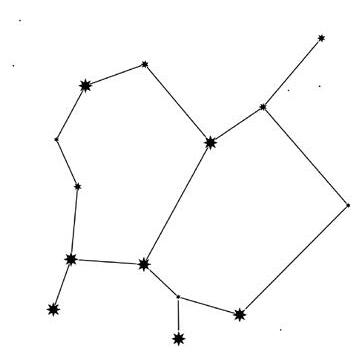
behind the closed door leading into the master bedroom. Somehow I can hear it even at that distance.
A sickly green flash
“Can you stay nearby?” I ask. If she’s closer to the room, maybe I won’t die.
erupts in my vision and I start to panic, certain that I’m going to die. I try to yell for Mom: a tearing rasp in my throat. She’s in another room down the hall. I hear the creaking of the bed frame as she gets up, and then she’s standing in the doorway.
“Can you stay nearby?” I ask. If she’s closer to the room, maybe I won’t die. She tells me she will, and she turns and goes into the computer room where my late Uncle Phil used to play Age of Empires. He died last Christmas: complications due to diabetes. Maybe my
Aunt Carol isn’t so attached to her life, I realize. Even though she said she was scared when she took us in, maybe she’d prefer to see Phil sooner rather than later. Mom wheels his chair out into the hall and she leans it back, bundling herself in a blanket as she does so.
“I’m right here,” she says.
We’ve been here before. When I was five, hospitalized with an asthma attack, you slept on a cot next to my hospital bed. And that one time when I was a twenty-something still living at your house because of the psychosis and the mood swings, there was that one medication that made it feel like I couldn’t get a breath. I slept on the air mattress and you had to sleep on the couch, and I kept having to ask you if I was breathing or not. Each time you said: Yes, it’s alright, you’re alright, I’m right here.


Funny how my life seems so much like a spiral. I try to throw myself clear only to be drawn back towards the center again. What else is at the center besides illness? Physical and mental—illness and the threat



that it will prove victorious. Yet here I am, struggling against that inevitability. No thought is going into it. I don’t need to summon the will. Will is a paltry thing in the face of a drive so automatic and machine-like. To ascribe anything of the human self to the mechanistic in-and-out of breath is to claim that it is somehow essential; instead I see myself shrinking into nothing. As this illness wracks my body, and as my body is shedding viruses, I’m also shedding bit-by-bit the person I took myself to be. Too soon there’s nothing left except the meat.
About an hour after arriving at the hospital, I found myself alone. Brian had just gone to the restroom. The soft whirring and the gentle pulse, and the air in the room cold, sterile, and without odor. I’d forgotten the cup of tea on the arm of my chair. It was half-full. Forgot that I made it. It was cold now.
Drops of sweat in Dad’s gray eyebrows. I took Dad’s hand. He was warm. The tremor increased in response to the pressure of my hand, almost as if he could sense that I was
there, but he couldn’t open his eyes and he couldn’t speak. I don’t remember what I said. Just that I sat there a long time in the silence holding his hand. And then at one point, my face aching, I leaned forward and rested my head on his chest. The pale flesh under his chin, the scar where he’d once had an operation on his vocal cords. A jowl folded over the scar.
I still hated him. I didn’t have a choice in that. After what he did to Mom, what it was like to watch her suffer through his abuse. The years of casual cruelties, fits of temper, the way my guts knotted together when the garage door rolled up. My parents downstairs ripping into each other for days and days, for years it seemed like, until exhaustion set in and things quieted down at last. All of that

was true.
But at that moment with my head against his chest, watching as this man I had known all my life emptied out of his body, I wasn’t thinking of any of those fragments. Instead, I recalled how one night, after falling asleep on the couch, I woke up, the side of my face pressed against his shoulder as he carried me upstairs. That was also true.
When I was a teenager, we went to Oceanside for Thanksgiving. Dad and I took a long walk down to the beach every year, while Mom stayed behind at the condo with the dog to cook the turkey and make pumpkin and pecan pies, all while high off a joint secreted away in her luggage. During the walk, we’d discuss whatever happened to cross our minds: movies we’d seen, books I’d read (since he didn’t read that much),
or current events. Though, sometimes I’d try to tell him about how I was feeling inside, about the voices I sometimes heard in my mind, what the doctors told me at the hospital. He never wanted to hear about that.

We’d stop at a convenience store on this long route. He’d get a beer and I’d get a soda and we’d sit in the shade outside to drink and talk. There was always a taco truck parked in the lot, redolent with spices and smoke and the sound of meat sizzling inside. No need to hurry anywhere. Didn’t happen all that often with Dad. He couldn’t just sit and breathe. There was almost something frantic in his mania for activity—anything to get his mind off what ate away at him down inside. I never knew what that was. He never brought it up, except maybe sometimes when he didn’t mean to, like when he told my mom about how grandpa used to hit him too hard when they play-boxed, and how if he got tears in his eyes, grandpa would tell him to suck it up and “be a Marine.”


Brian and I went back to the house that afternoon. The house felt cold

and not just because the AC was blasting. A cavernous space full of dark colors: blacks, dark browns, steel grays. And there was a sharpness as well. The way the walls formed corners maybe, or how sound seemed to travel and hit the membrane.
Dad’s papers were strewn on the poker table beside a metal box with the death certificates for his parents and a picture of my mom, one of the few that he hadn’t cut apart with scissors. He used to laugh about Stalin’s penchant for erasing people from photos. Made it feel like he had control over other people even when they slipped away from him at last. Maybe somewhere in that house, there was a picture of me that he had cut down the middle.
the counter in the exact spot where he stood in the mornings and took his coffee with Fox News blaring. Instead of coffee, the detritus of a long illness: painkillers and antibiotics, pills for the high blood pressure, a rolled-up bandage just out of the box. And a slip of paper torn from his planner covered with triangles divided in threes, and in each third a number and a group of initials—some
Maybe, somewhere in that house, there was a picture of me that he had cut down the middle.
Next to the box, books about Santa Fe, historical sites, bars, museums, places to hike. He was planning to come see me. Never thought to call. Must have wanted it to be a surprise. I wondered how that would have gone.
At some point in the kitchen I found myself down by the end of
code only he understood. Triangles all in a row down the page, and scrawled at the bottom of the page in an unsteady hand: CONFRONT IT.


We decided to take


him off life-support. He wouldn’t want that, we told ourselves. A man like him was always so full of life. When they pulled the tube free, I wasn’t looking. Brian was, though, and he gripped the edge of the chair. Hard to put words to the sound of the tube coming free: air escaping and something like a moan down deep in the throat, followed by a harsh gurgling noise. Then the dry rasping rattle as Dad drew in a breath under his own power. The technicians left, leaving only the nurse. Brian and I stood at Dad’s bedside.
The nurse across from us held Dad’s hand, the pad of her thumb running back and forth over the wrist bone.
Brian’s arm across my shoulders. A silence between us, except for Dad’s body sucking air.
“You can talk to him, you know. Hearing’s one of the
last senses to go.”
Will he understand us? Not with his brain the way it was. But then it doesn’t matter all that much. The time’s passed. All those moments we could have talked. Well and truly gone. The time was bound to come sooner or later. Part of the reason people think death is such a bad thing. It is though. It is a bad thing. But what about the pills stacked on the counter and the boxes of bandages and all the booze? It’s a mercy. Is mercy bad then? Is that what you’re saying? They say it’s a virtue.
Brian raised one of Dad’s eyelids. That deep green ball angled into his head and rolled. No one asked Brian what he thought he was doing.
Some miracle will happen. Tom Crowe will snap back into his broken body and he’ll be like he was. The time won’t be gone after all. We’ll have another loan. God gives. Gives all the time. But He also takes. No. Don’t think about it.
The intervals between breaths were beginning to lengthen, but his body was still working as hard as before. For a second, the effort it took to get air caused his forehead to wrinkle and his brows to pinch. His

thin chapped lips parted then crimped together.
“Is he in pain?” I asked.
“No. The morphine’s doing its work.”
She’s lying. You think she’s going to tell you the truth?
Beads of sweat ran over his bald liver-spotted pate, dampening the pillow. A sudden ashen pallor. That wet sound down in his throat that set my teeth on edge and made my skin crawl. Ten more seconds of this and I’d turn right around and run out of the room. I thought I could take it. Wanted to bear witness to the passing of a life. Yes, even this life, with all its mistakes and flaws, moments of nobility, even kindness, even love. This life which made our own.
for the dead and the dying. Not long now, you’ll be just like him.
I leaned down and kissed my father on the forehead, smoothed back the soft grey hair, and held his left hand while Brian held the right. Now the breaths were weakening. When he died an hour later, they laid the bed flat. His eyes stared blankly into the overhead lights. They took one final read of his vitals to make sure, noted the time: 8:22.


Somehow I stayed and kept my eyes on the old man’s face...
A noble sentiment, but stupid to think you were worthy of this test. The old man said it himself by his actions: You’re not good for much of anything.
Somehow I stayed and kept my eyes on the old man’s face—the face I tried to cut out of my mind and heart, just like he had tried to do with those pictures in the metal box. Except there’s no way you can do that, because there’s things you need to do

One of the nurses reached over and closed his eyes.
We didn’t say much as we took the elevator down. Then Brian asked if I was hungry.
“I’m starved,” I said. Strange. The person I’d been only this morning would have thought you’d have no appetite after going through something
like this.
We went to Outback Steakhouse that night. I had a ribeye with fries and a Coke and Brian ordered the porterhouse, and we each had a Seabreeze: vodka and cranberry juice with a splash of grapefruit. Dad’s favorite drink.


The room was cold and dimly lit. I turned to leave, hesitating in the doorway. I wanted to turn around and get another glimpse of Dad’s face.
Something stopped me. I thought I heard his voice in the room, like he was standing at the foot of his own corpse. He told me not to turn around. He told me to leave. A gentle voice. As if he were saying: Go and live your life. You don’t have to stay back here with me.
I walked out.
We saw the body one last time. The people at the funeral home put it on a gurney and draped a white sheet over the abdomen. It’d been in the freezer all night—the skin like chilled stone. The body would be processed sometime later that day. Brian’s phone rang. He was in the process of closing Dad’s office and there were several potential buyers for the space: other lawyers to take on Dad’s cases.
A soft pulse. A gentle whirring. Not a life-support machine, just oxygen. Above my head and to the right, a green cylinder fixed to the wall. Water’s dripping into it. Air’s being pumped through the cylinder and into the nose piece. It won’t save me. I’m dying. Somewhere. Not Pahrump anymore. I’m back in Santa Fe. Christus St. Vincent Hospital. I can see the Sangre de Cristos beyond the windows. Dawn breaks over the mountains and peeks into my room. I don’t feel so alone when my last living thought, vision-like, breaks through.


At the Oceanside pier, gulls glide over the water and pelicans perch sentinel on the roof of Ruby’s Restaurant. Beneath salt-bleached beams, ocean swells surge through the pilings while the autumnal sun hangs low in the sky, motionless.


ISABELLA ROMERO









digitalillustration
You want to get a sneaker-wearing payaso kid on an empty patch of your brown— black on soft caramel skin, arm or torso.
To represent the brown llano sun-scorched inside you, dusty and wind-swept and dying for tears. But you don’t say that. You say, “It’s cool,” “It’s culture,” “It’s just the style.”
You can’t feel what your mama says, when she says, “I love you.”
Bottle in her hand or in your head, you can’t remember or ever be certain— but neither of you can let it go.
Your little red nose squeaking for the crowds whose cheers roar loud when you twist them balloon animals (that chain-wearing baby crying hard inside you).


“Numb” is what you say when I pry— numb chest, numb tongue, numb memory. Your heart is a concept you can’t feel. Tattoo ball cap to cover your eyes, cause just one drop will make a ghost of you.
“Boo-hoo” you say, “ha-ha,”
“Cry about it or make it music”— your songs, a beating appendage, temporary.
You’re only alive when the notes move through you— when melodies evoke what your words can’t say. Bandana tied to your head, gold rope bracelet, black Dickies, and that shirt with the words, “Laugh now, Cry later.”
And you do laugh, (disco lights dancing in brown irises) between songs, (your hollow chest shaking hollower) and we all cheer you on.



JIMMY HIMES-RYANN




JIMMY HIMES-RYANN
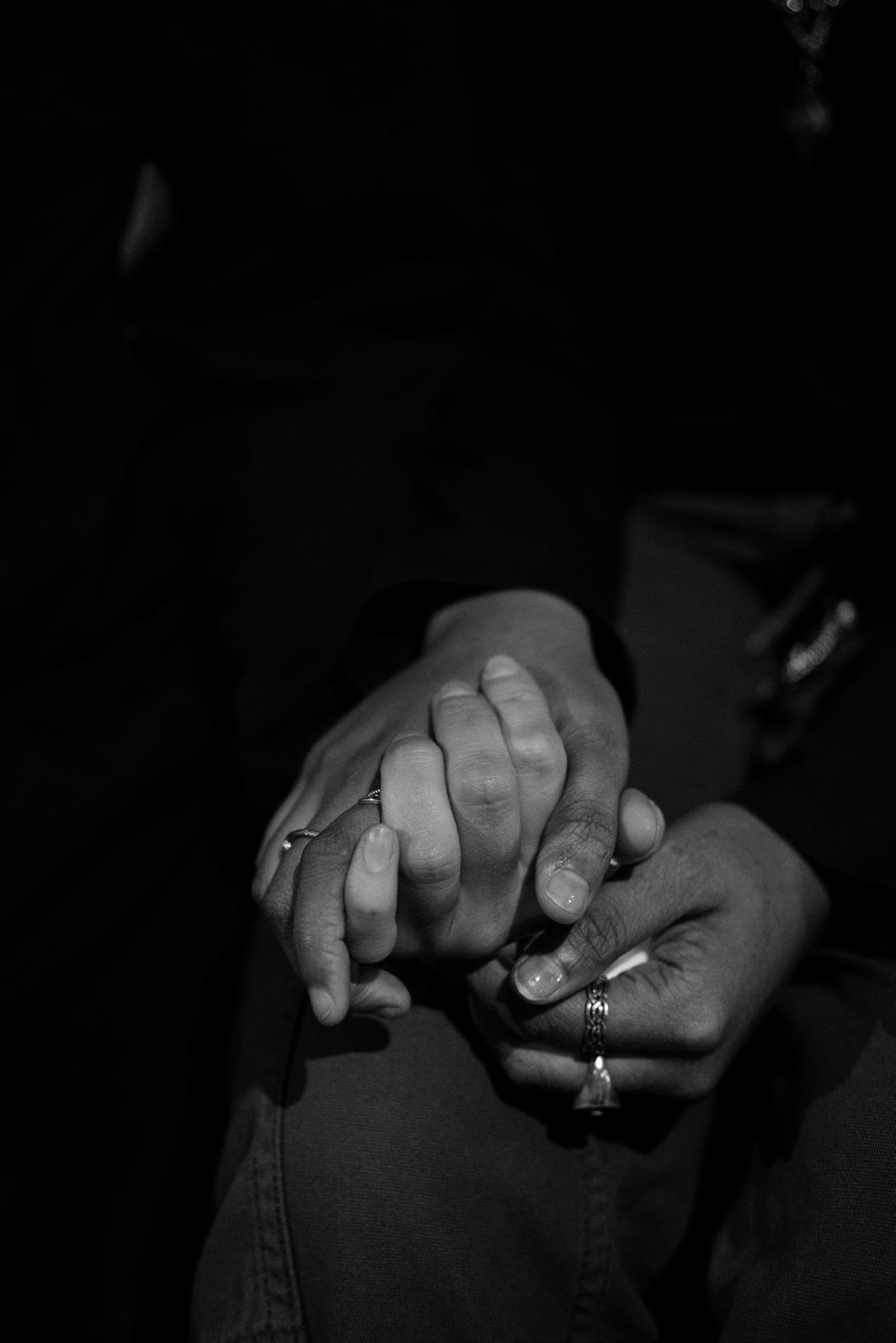




VICTORIA NISOLI Poetry
I’ve been thinking about ducks lately, how they effortlessly hop onto the banks to snap up the crumbs from the base of my pocket, nipping each other and biting my fingers, shaking their tails as they run on the sandy shore.
I’ve been thinking about luck lately, how I used to say I’mnothappy bynature, but how this past year has proved me wrong.
I’ve been thinking about the ground lately, how it still feels cold and asleep, and how I will rest with it, my back feeling the drone of the ants underground as they prepare their ascent with the seeds.
I’ve been thinking about thermodynamic improbabilities—my presence in this place, my connections to space, my ducks eating my crumbs—and I think if I could scale the universe, I would have it extend from the edge of the pond to the tips of my fingers, dropping the crumbs from my pocket.


SantaLucia,p.42
Adrian Allocca is an undergraduate student at the University of New Mexico studying Psychology and Chemistry, with plans to attend medical school upon graduation. He is an amateur photographer who enjoys exploring themes of feminism in his art, which he pursues as a hobby.
TierrayLibertad,p.104

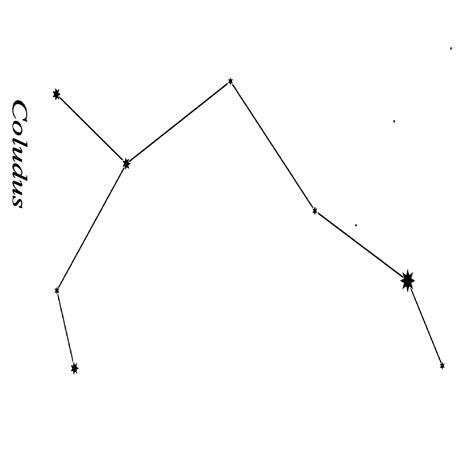
Blanca Bañuelos-Hernandez is a multi-media artist and a proud transmigrant from Juarez Mexico. Her experience as a migrant has had a major influence on her artwork, influenced by story-telling that centers around her and her family's experience with migration. She believes in the power of using storytelling to change narratives that have been used to hurt and harm our communities.
TuckedAway(1–3),p.67–69
Sachi Barnaby is a senior at UNM. She appreciates the relentless ticking of time but also would like to stop and photograph the roses.
Birdcage,p.66/Ferried,p.88/Summer’sEndbytheFalls,p.89
Erin Benton was born and raised in the southwestern United States, and is currently based in the northeast of Scotland, working on a PhD examining disability in the Old Norse sagas at the University of Aberdeen. She graduated from the University of New Mexico in 2020, and is interested in historical poetry, the supernatural/natural world, and the construction of the body in medieval texts. Her poetry has appeared in Humana Obscura, The Bangalore Review, Scribendi, and Conceptions Southwest.
WhiteFires,p.48

Leo Brocker (they/them) is a film student at the University of New Mexico with a background in photography. They aspire to work in journalism and create impactful work that makes a difference. Leo’s passion lies in storytelling that provokes thought and inspires change.



Truchell Calabaza
Truchell, a Native American photographer from the Pueblo of Santo Domingo in New Mexico, creates experimental and interactive photography that blends traditional imagery with unconventional materials like paint, string, fabric, etc. Her multi-dimensional works invite viewers to engage beyond the visual, offering a tactile, immersive experience that blurs the lines between photography, sculpture, and collage. Through this innovative approach, Truchell challenges audiences to explore deeper connections with the art and the stories it tells.
TheWaspandtheRoach,p.67
Colton Campbell is a PhD student at University of New Mexico in the Chicana/o Studies Department. He works within the burgeoning field of Critical Mystery Studies, and writes from the intersection of race and insects. In both nonfiction, fiction, and hybrid work, he focuses on autoethnography, sociology, and the history of emotions surrounding Chicanx people and the natural world, with a special focus on representations of La Cucaracha.
TheFabledAstronautsareRememberedatElSupermercado,p.37
Rudy Carrillo is a writer/artist living in Albuquerque, New Mexico. Carrillo holds a BFA from the University of New Mexico and is currently a graduate student in the UNM English Department. His artwork has appeared at 6o6 Gallery, Raw Space, and the ASA Gallery; his literary work has been featured in Rigorous, Typo Mag, On Barcelona, and Unlikely Stories; his work as a journalist has appeared in many national publications. Formerly, Carrillo was the news and music editor at Weekly Alibi – where he wrote as August March.
TheLifeofaDyingMan,p.88
Thomas Crowe moved to Santa Fe, NM in 2019 and has been attending UNM since 2022 in pursuit of a BA in Classical Studies. His passion (or perhaps obsession) for writing and literature has been with him since he was young, when Chaucer and Homer and Poe were regular names around his family dining table. He's currently working on a novel.
DogHeadWoman,p.18
Sophia M. Eagle is a senior undergraduate student of UNM, pursuing a degree in English. She writes regularly and hopes to be a successful poet in the future.


Addison believes all of life can be sorted into the following categories: the beautiful, the grotesque, and the mundane. In her work, she seeks to create art that exists in the intersection of all three. She has previously been published in Homer Humanities and Scribendi. She has a series of urbanfantasy thriller novels titled Social Animals with Far West Press.
Renata Sophia is an aspiring poetess, princess, and party girl. She has been published in Scribendi and is currently a reader for Blue Mesa Review. In her free time she is a voracious reader and can usually be found at UNM Press, where she is a business assistant.
Jimmy Himes-Ryann is a photojournalist and documentary filmmaker based in Albuquerque, New Mexico who covers queer culture and subculture and political protest, including the intersection of anti-fascist protest and the rise of theocratic religious nationalist ideology in the United States. HimesRyann's investigative reporting has earned three Rocky Mountain Southwest Emmy Award nominations and two New Mexico Broadcasters Association Multimedia Journalist of the Year Awards. They are an adjunct faculty instructor at the University of New Mexico’s School of Communication and Journalism.
Valeria Hines
LimitedOpportunitiesinaBoundless,FulfillingLife;El TrastornoAlimenticioSilencioso,p.58
Valeria is an undergraduate Architecture student who is passionate about practicing art and learning as many mediums as possible. She specializes in illustration and 3D modeling.
Nic Hinson
Nic is an undergraduate student of Philosophy and English at the University of New Mexico. Partial credit is given to their cat, Nutmeg, who oversees their writing process. TheSurgery,p.5/Corpus,p.6/Stopgapping,p.34
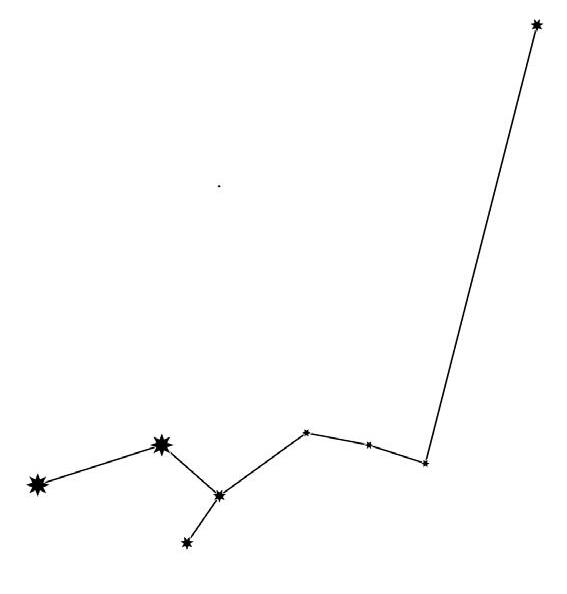


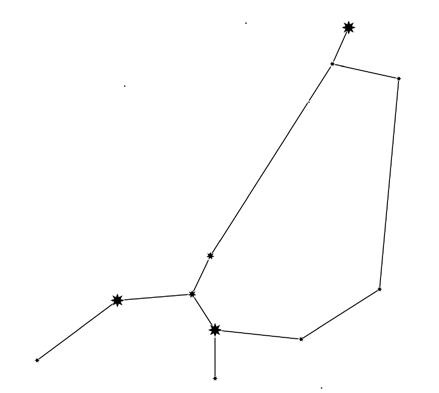

Sydney earned her Bachelor of Arts in Architecture from the University of New Mexico and is now continuing her education there, pursuing a Master’s in Architecture. She is passionate about exploring the limits of design, creating innovative concepts that inspire and challenge conventional thinking. Currently, Sydney works at a local architectural design firm in Albuquerque, gaining valuable experience as she develops her craft. Her ultimate goal is to establish her own architectural firm specializing in property development while also designing bold, unconventional furniture that blends creativity and functionality.
PoemforJessePinkman,p.1/YouorSomeoneLikeYou,p.36
StageDirections/Transubstantiation,p.41/Coins,p.44
Nell Johnson (Taurus Mars) is a former Conceptions Southwest staff member. Now, she serves the people of Oklahoma County, Oklahoma as a librarian.
Gettysburg,p.57
Addison Key is a writer from Albuquerque, New Mexico. She enjoys looking at her collection of cow memorabilia and sharing it with her friends. Her writing explores the relationship between motherhood, memory, and desire. She seriously loves cows. Email her at addisonkey11@gmail.com with cow related pictures, poems, or news!

Claudia Marin is a Chicana multi media artist with a specialty in digital and soft sculptures with themes mainly focused on nostalgia and childhood experience. Eater,p.43
Viola Murphy is an artist familiar with the spaces that exist in-between. Whether it's being caught in the middle distance between her mother’s home country and her dad’s home state, the halfway point of being past a teenager but not yet a “real” adult, or the little spaces in our heads that exist in-between reality and nostalgia. Originally from Roswell, she is now based in Albuquerque, New Mexico. She is currently a senior at UNM studying Studio Arts, and is working on her upcoming honors thesis show. Viola is motivated to make work that hopes to find some comfort in the chaos–hopes to curl up and lay down on a soft bedding made out of old memories and apparitions from the past–all in order to gaze onto reflections from the future.

Victoria Nisoli
OntheWaysWeScaletheUniverse,p.109

Victoria Nisoli is a senior studying chemistry, who enjoys representing the creative interplay between nature and science through art. She has previously had her work published in Conceptions Southwest, and resolves to continue submitting even after graduating from UNM.
X E Oaks
Marred,p.10/Cunt,p.31/SuninMe,SuninYou,p.60

X E Oaks is a nongender mark-maker kicking it in the high desert biome, currently juggling several serious addictions to drawing, sewing, and reading dirty comics. X E has comics and drawings published in last year's edition of Conceptions Southwest (2024).
Reyes Reynaga
Soda,Coke,orPop?p.2/DeathBeforeDetransition,p.4
Reyes Reynaga is a first-generation trans* Xicano artist, activist, and emerging scholar in the field of Chicana/o Studies. He focuses on rasquache art and aesthetics while bridging his art, activism, and scholarship. As a born and raised burqueño, he loves a good sunrise and sunset with cotton candy clouds.
Isabella Romero
PatronaSantaFrida,p.35/Chimayo,p.103
Isabella Romero’s artwork is deeply rooted in her multi-generational New Mexican heritage and exploration of social ecology. Isabella’s work passionately echos themes such as the human condition in relationship with god, decolonization, and multispecies divinity. Isabella weaves together her intended message through a variety of mediums and symbolic imagery.
Savina María Romero
Elamortodolopuede,p.3/ASolaz,p.105
Savina Romero is a Chicana/Nuevo-Mexicana writer and visual artist born and raised in Albuquerque New Mexico. She is currently studying English, Spanish and Studio Art at the University of New Mexico. Savina worked as part of the staff of her university’s school literary magazine, Blue Mesa Review. Much of her art and writing is made through a cultural and historical lens as a Latina/Chicana/Mexican-American as she often draws from the rich lexicon of symbols, cuentos and traditions gifted to her by family elders or other beloved story keepers.
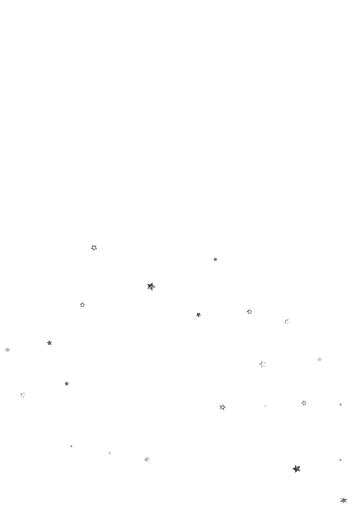

OntheGroundandintheAirandinBetween,p.49
Kimberly is an undergraduate returning to UNM after more than a decade away. Originally from California, she has spent most of her life in Los Lunas, New Mexico. She is a wife, a mother of three, and a lover of nature.
Timelapse,p.46/TideinTimelapse,p.48/AChairinaYard,p.56
Drew Sowers is an easily distracted writer and photographer, who resides in Albuquerque, New Mexico. He is pursuing an MFA in creative writing at The University of New Mexico. His Essay Gathering Up; Holding On, won the Scribendi Staff Choice Award in 2023. His work has also appeared in the Blue Mesa Review Blog, and in Conception Southwest.

Justine Witkowski is a studio art and anthropology double major in their senior year at the University of New Mexico. Their artistic and written practices are centered around exploring life, death, rebirth and limbo as they relate to abjection and place. They have previously published short fiction with Querencia Press and Cream Scene Carnival Magazine and shown artwork at the Guiterrez-Hubbel House and Albuquerque Museum's Garden space.
WeFeltButterfly,p.84/CircleofLife,p.87

Anna Yarrow is a Writer/Photographer living in Los Alamos, New Mexico and a middle-aged undergrad at UNM. After traveling the world and raising a family, she’s pursuing a degree in English Studies with a minor in Women, Gender, and Sexuality and working on a memoir about her years as a caregiver for an elderly mountaineer.

Marisa Clark
Tom Anderson
Daven Quelle
Dr. Leslie Donovan
ASUNM President Anthony Tomaziefski
President Garnett Stokes
Monika Dziamka
UNM Alumni Association
Starline Printing Company
UNM Art Department
UNM English Department
UNM

Amaris Ketcham, Chair
Lisa Chavez, Vice Chair
Seyi Adekoya
Jaelyn deMaria
Makayla Otero
Verity Gray
Limina:UNMNonfictonReviewBlue

Mesa Review
TheDailyLobo
Scribendi
Marcela Johnson; Editor-in-Chief, Limina:UNMNonfictionReview
Mikaela Johnson, Managing Editor, Limina:UNMNonfictionReview
Kadra Guillermo, Managing Editor, Scribendi
Ana Olivas, Communications Editor, Scribendi
Truchell Calabaza, Digital Editor, Scribendi
Lily Alexander, Editor-in-Chief, DailyLobo


connect the stars to create yourownconstellation








